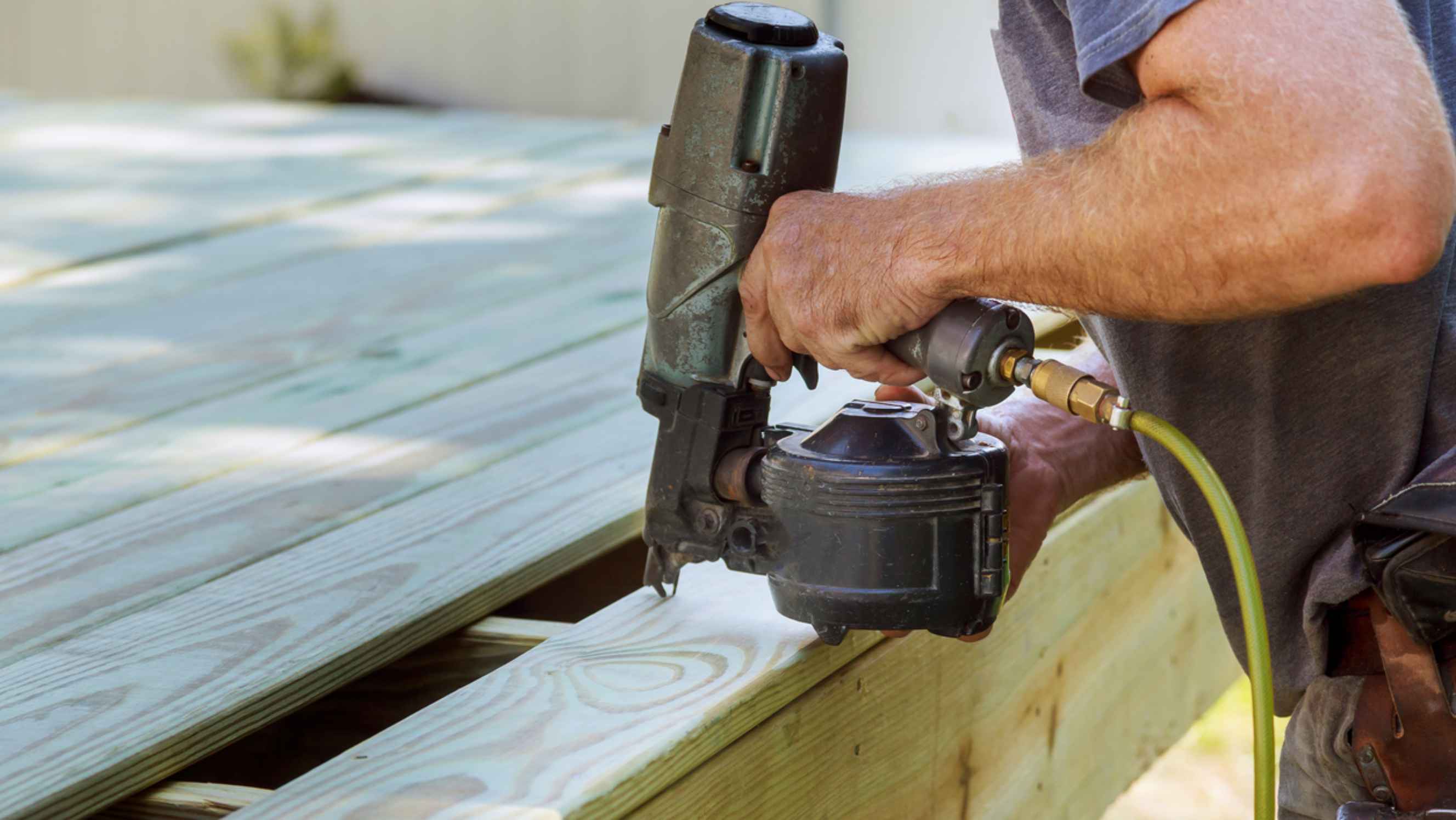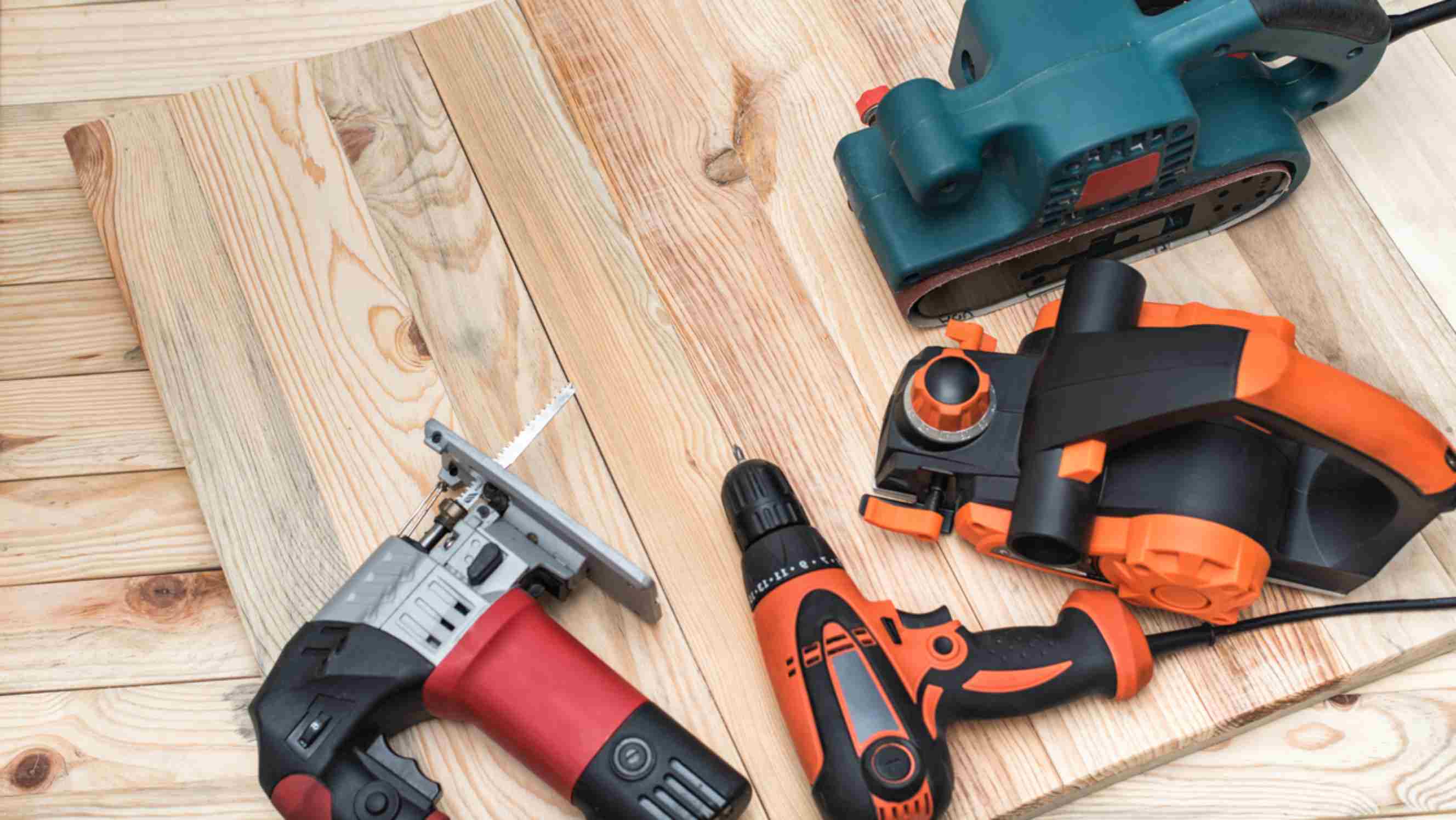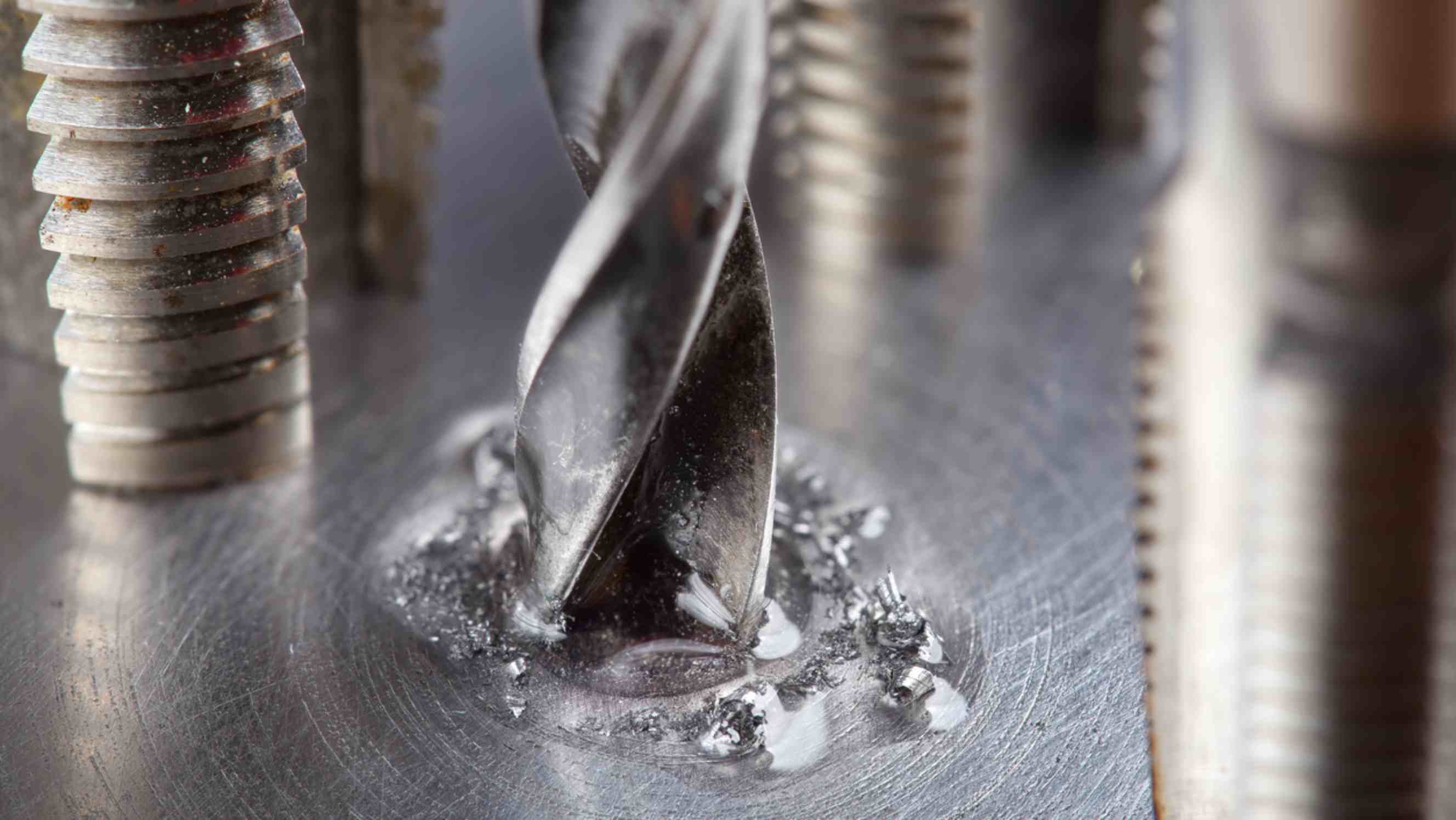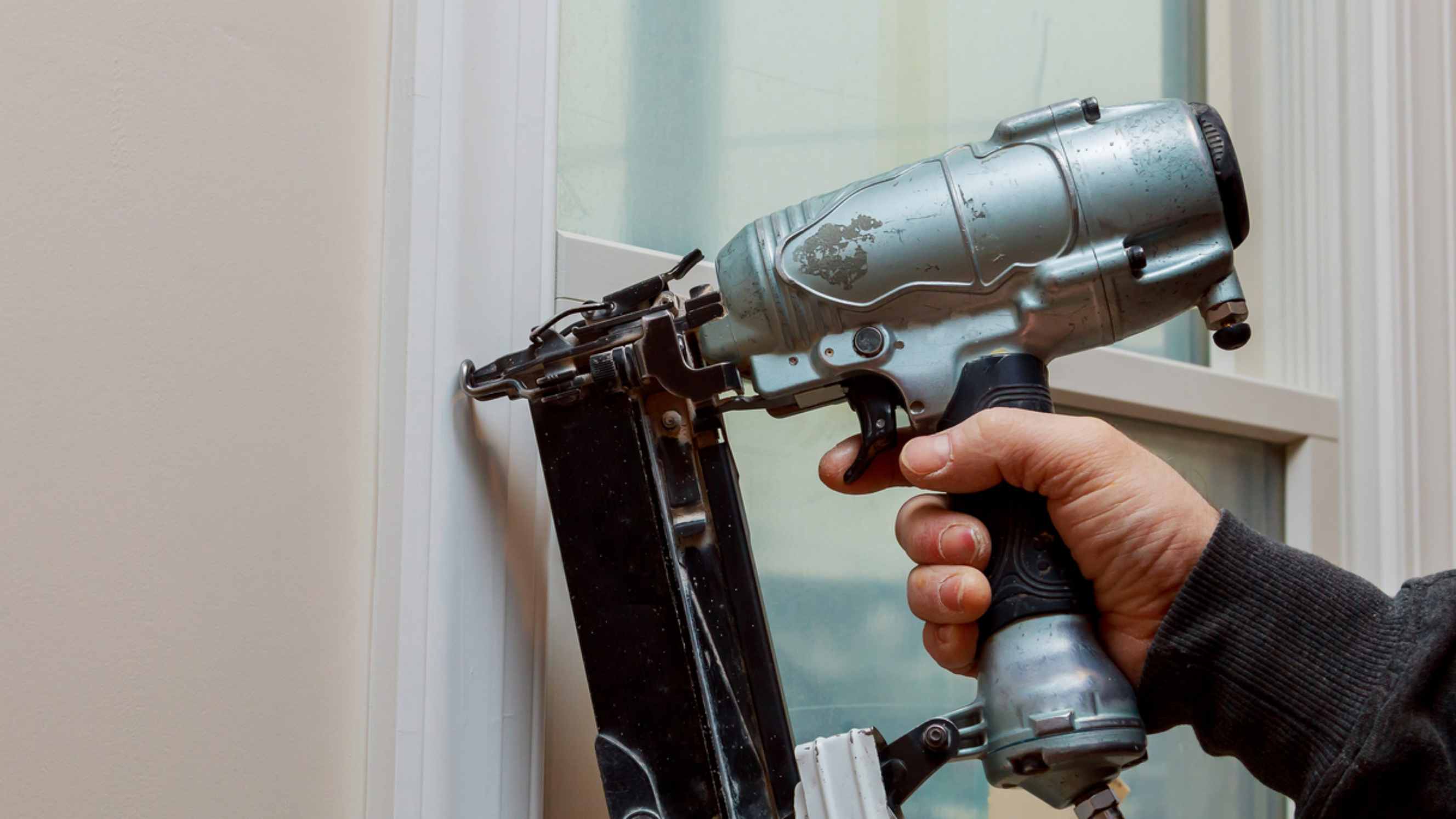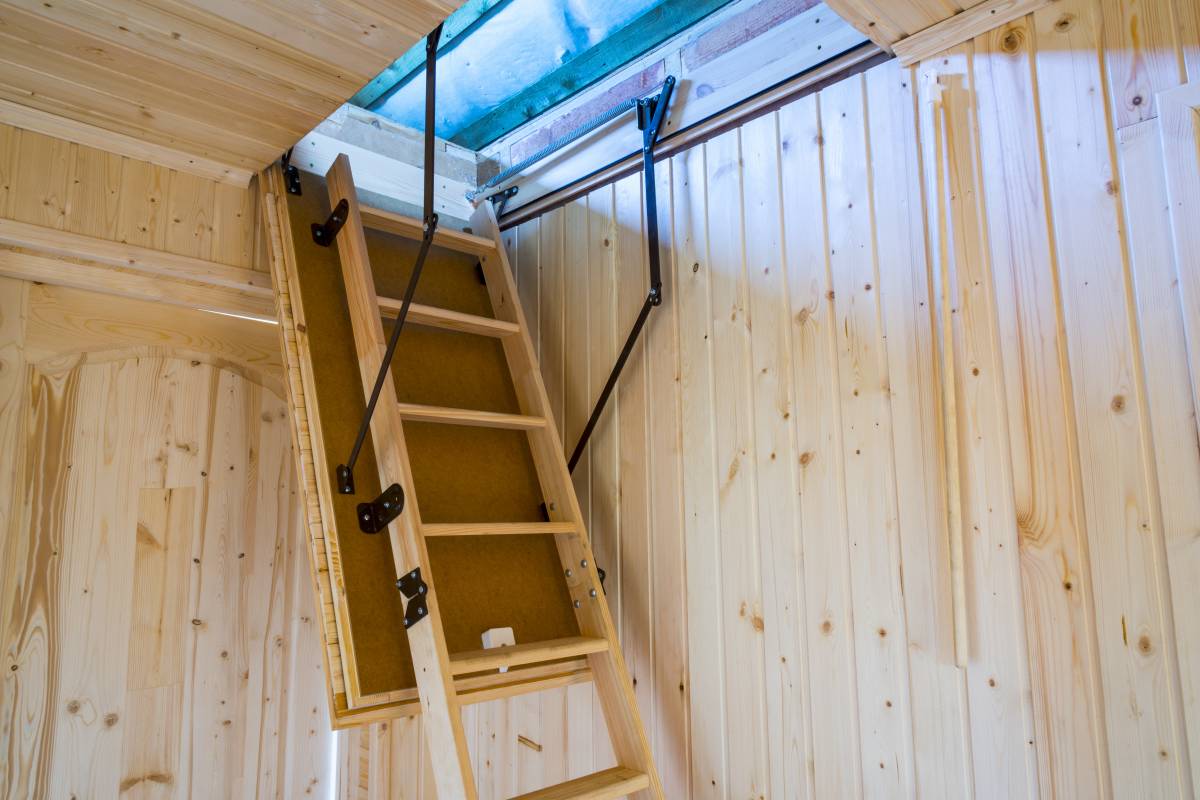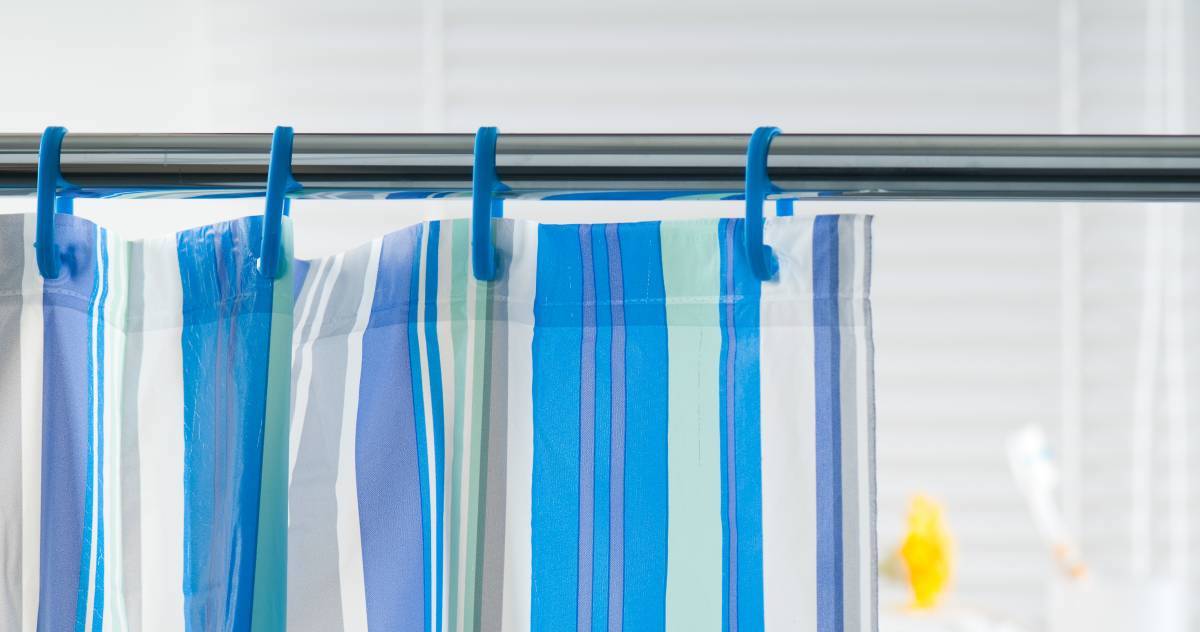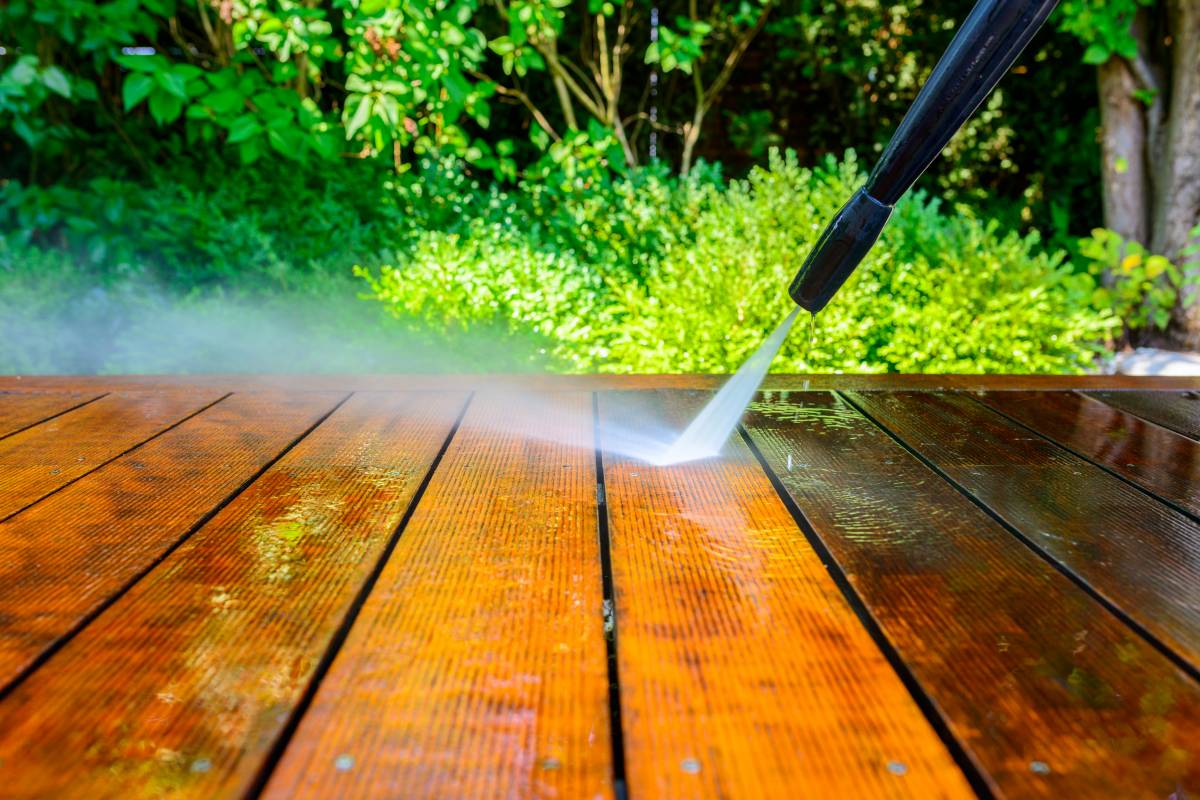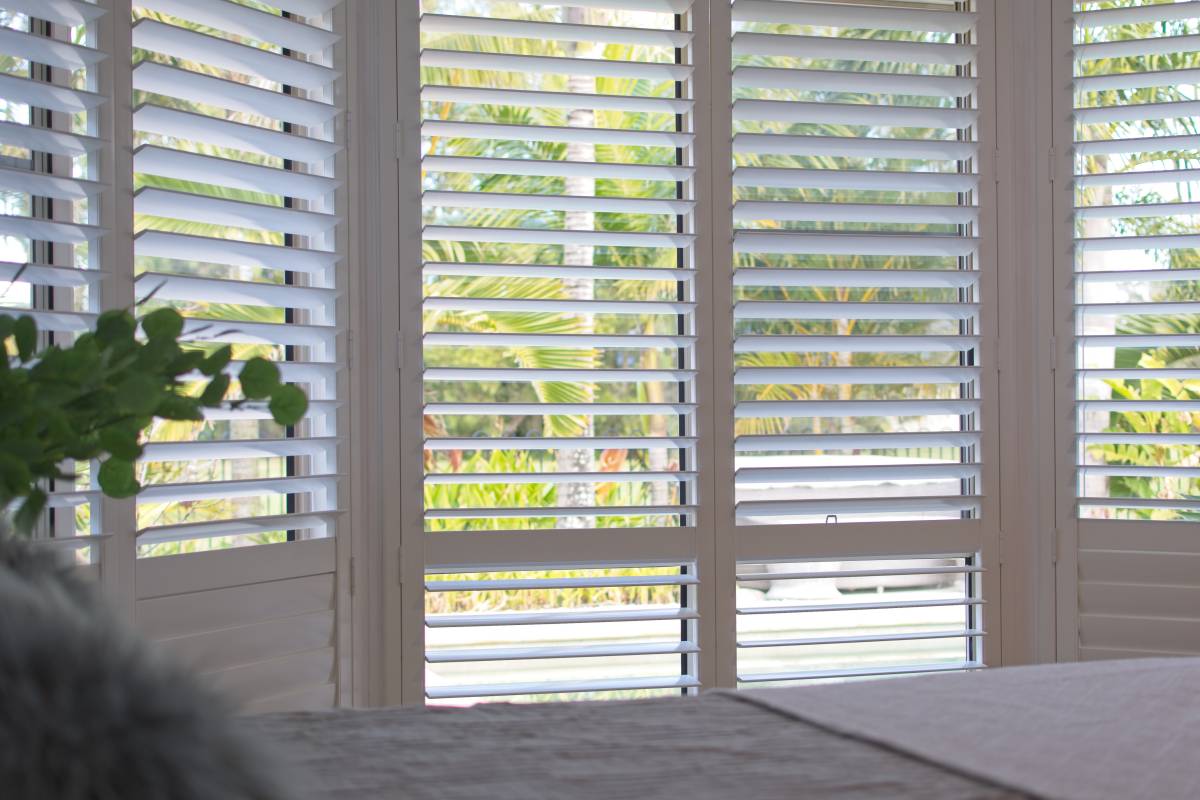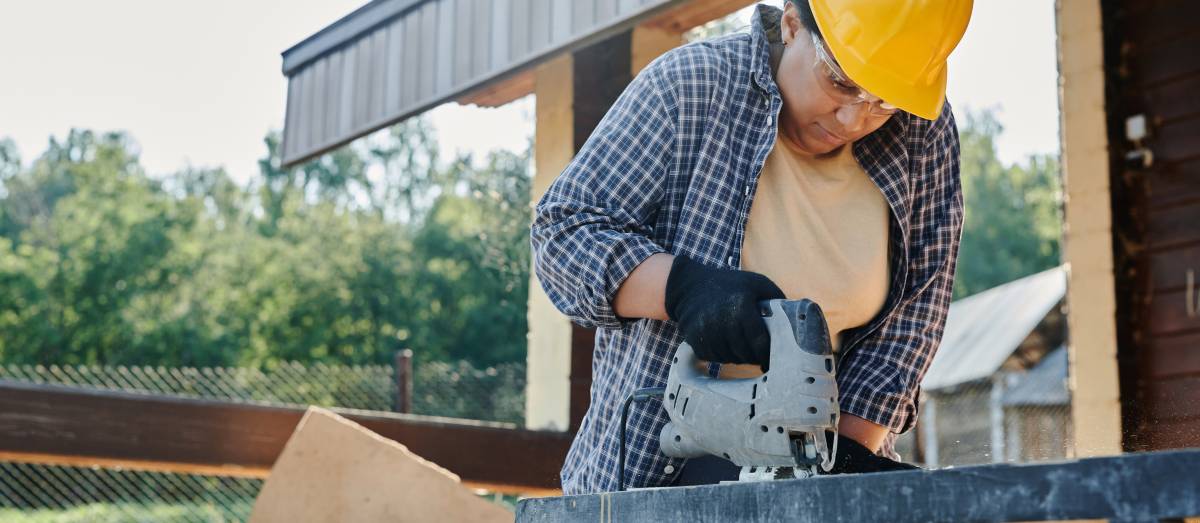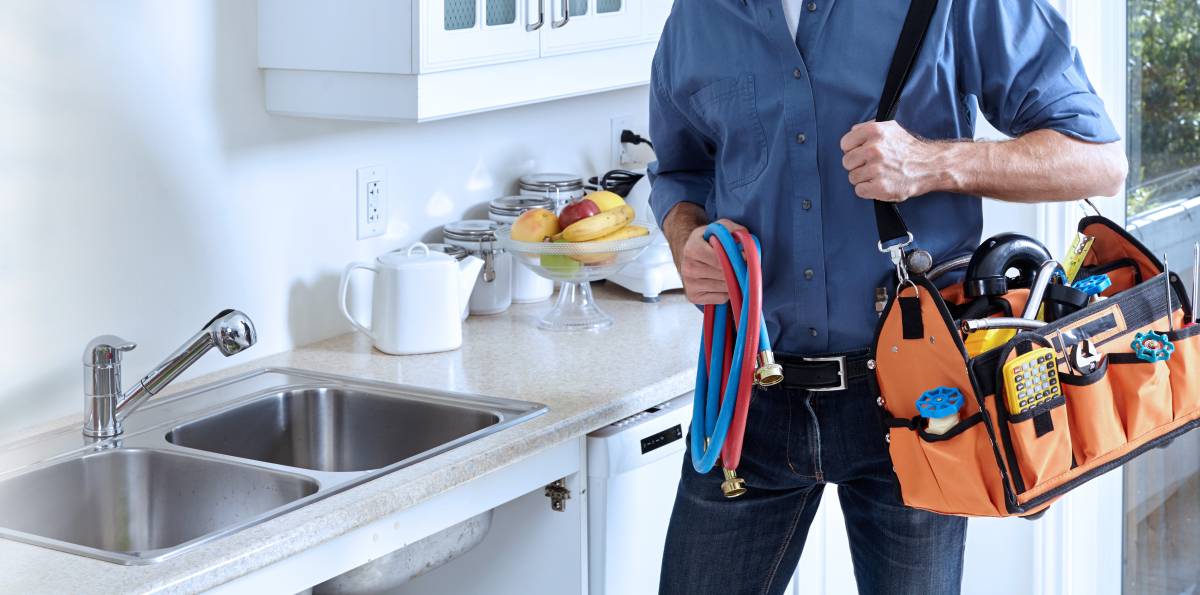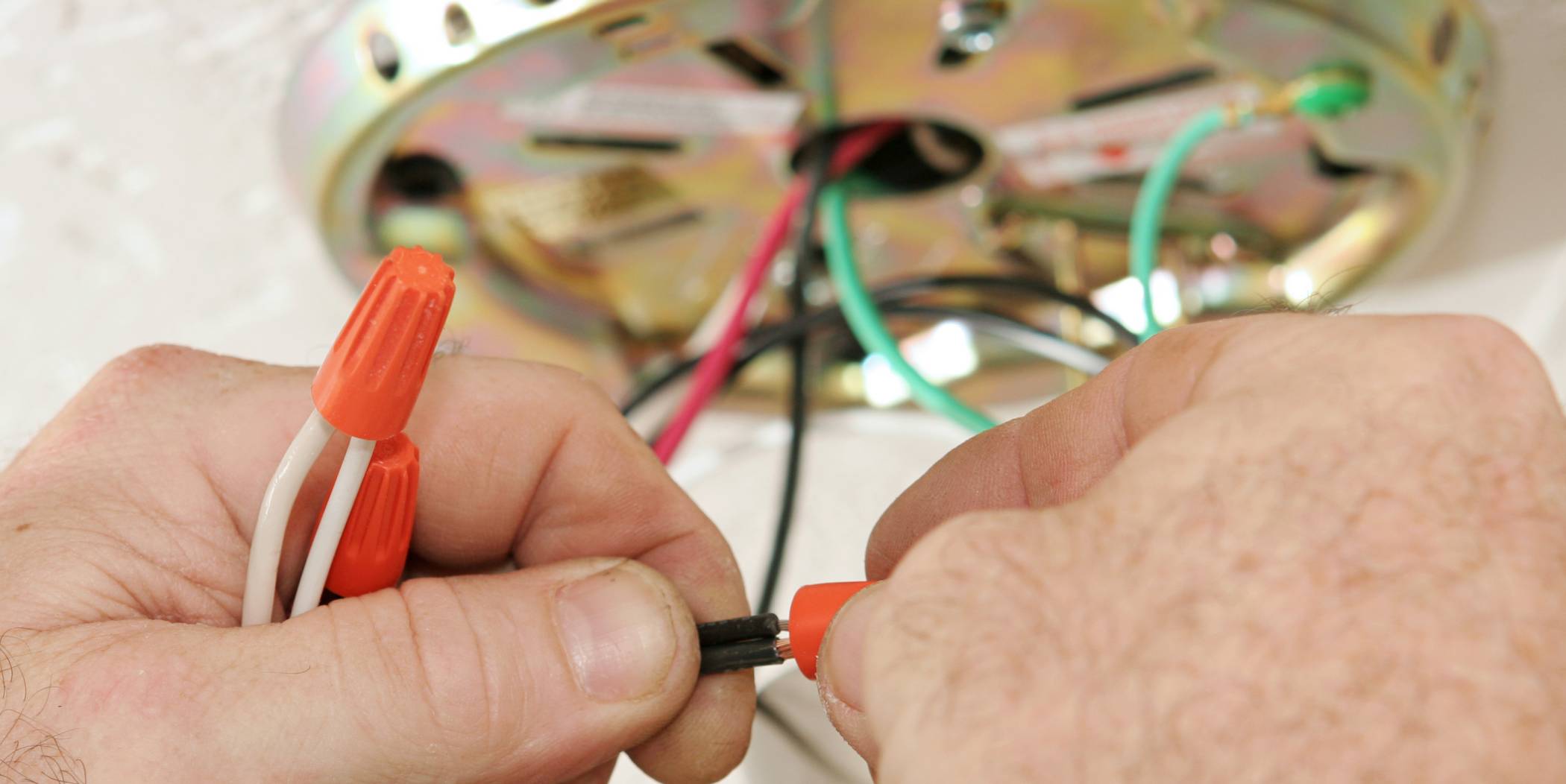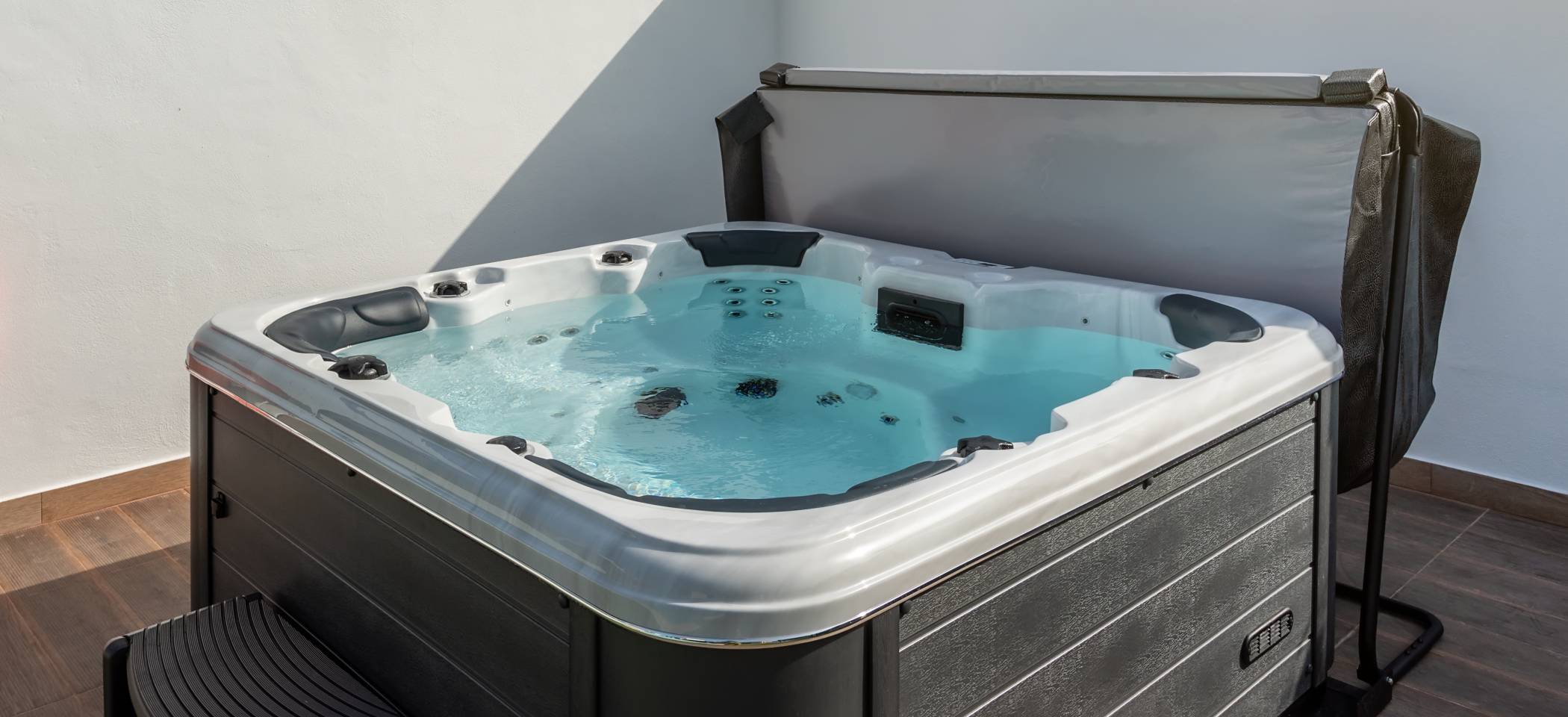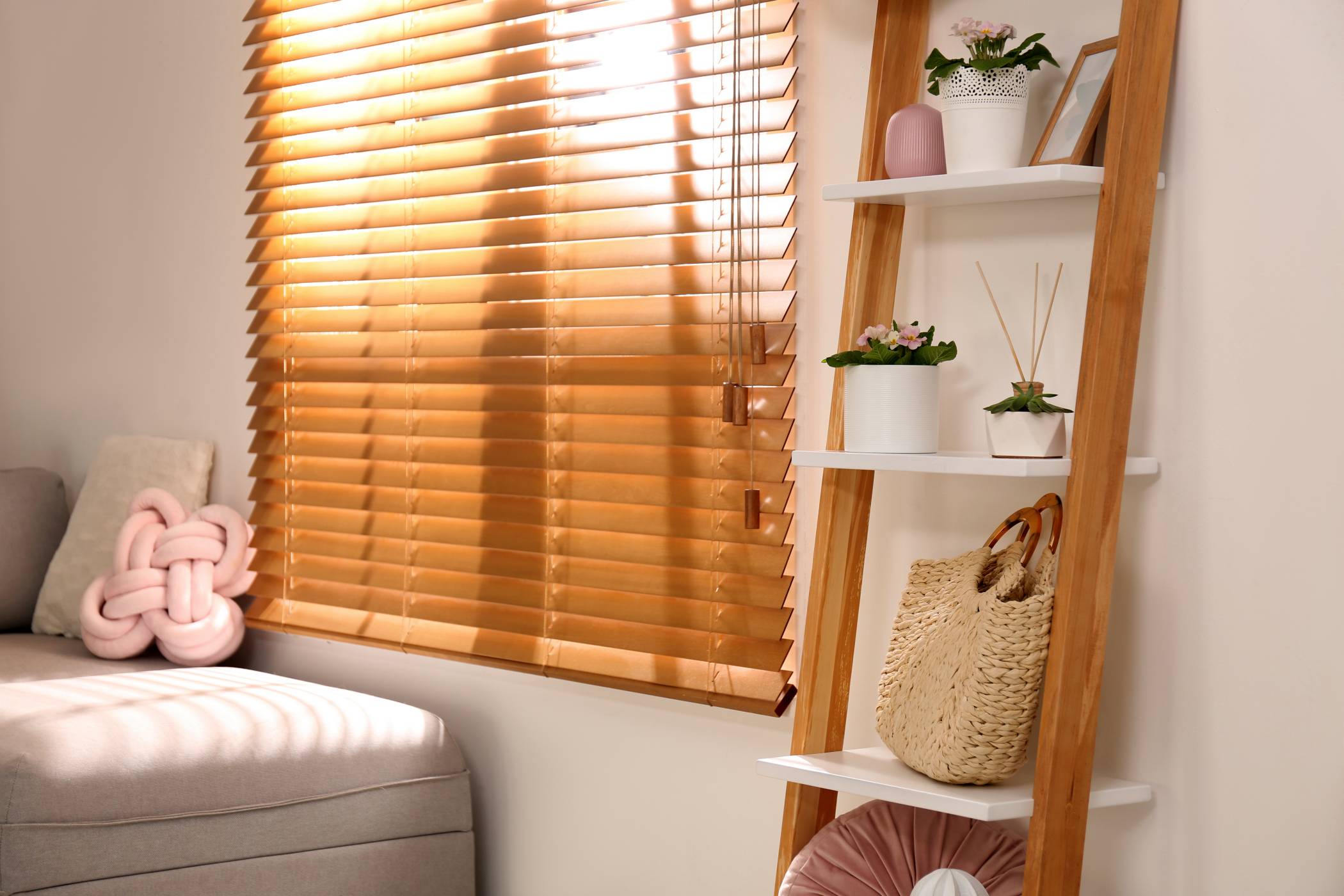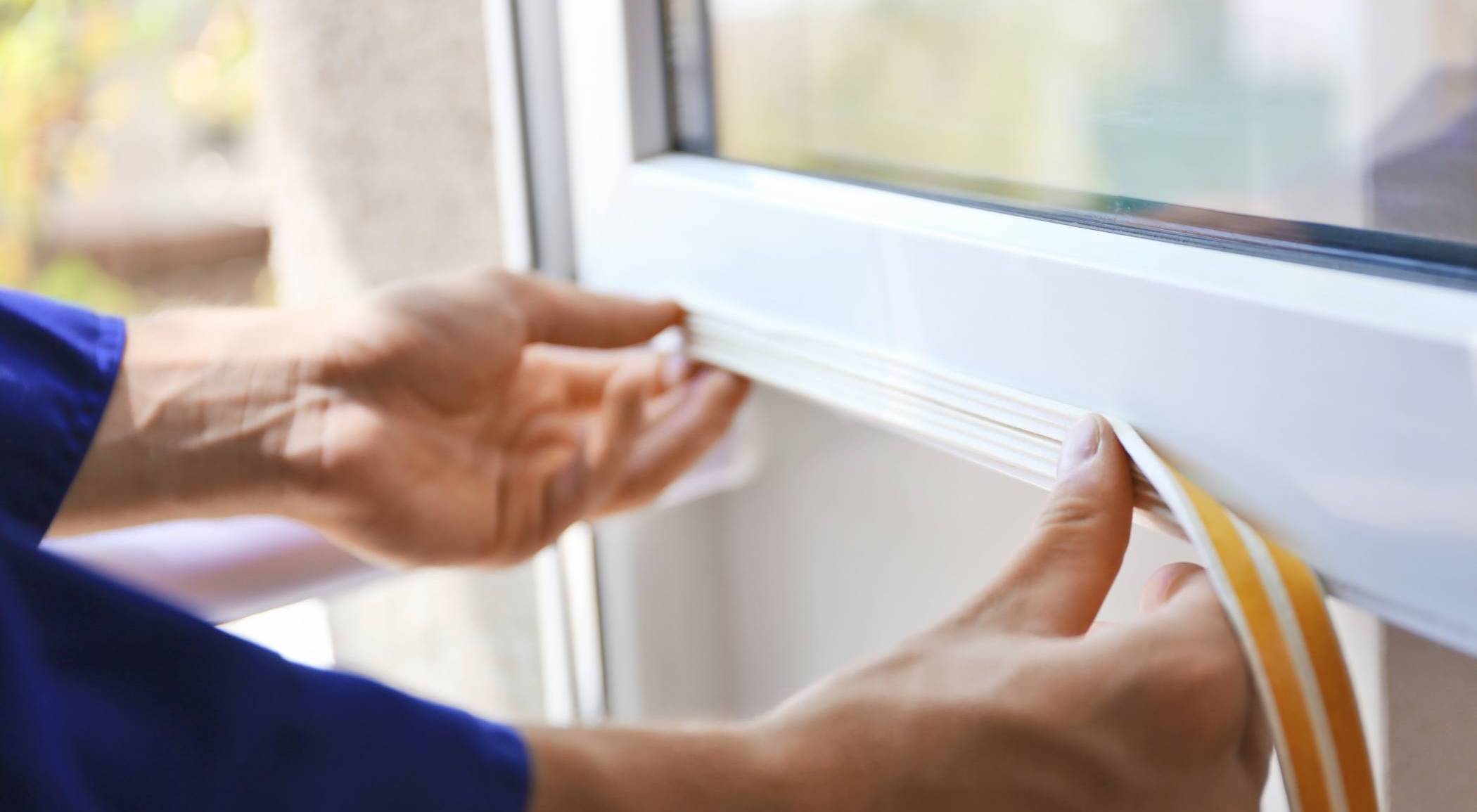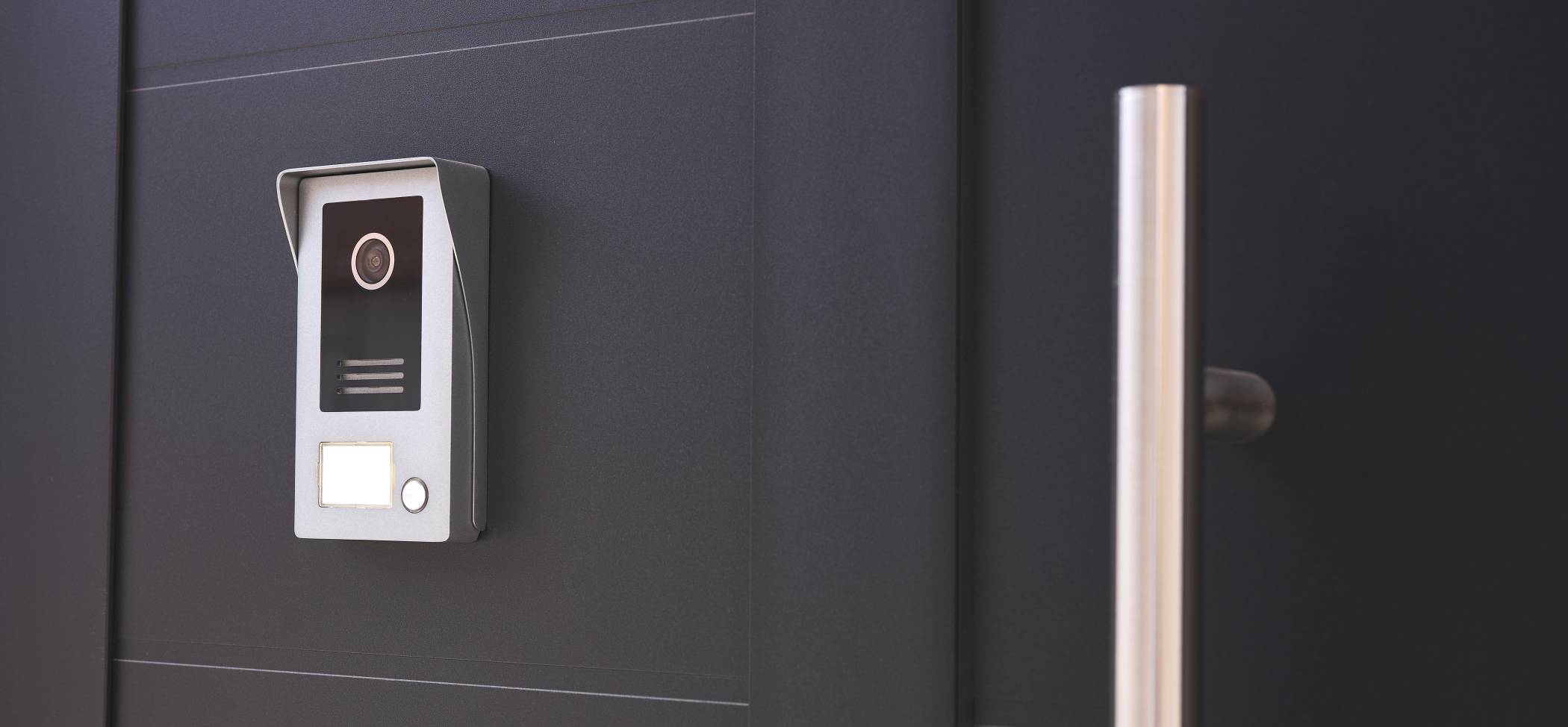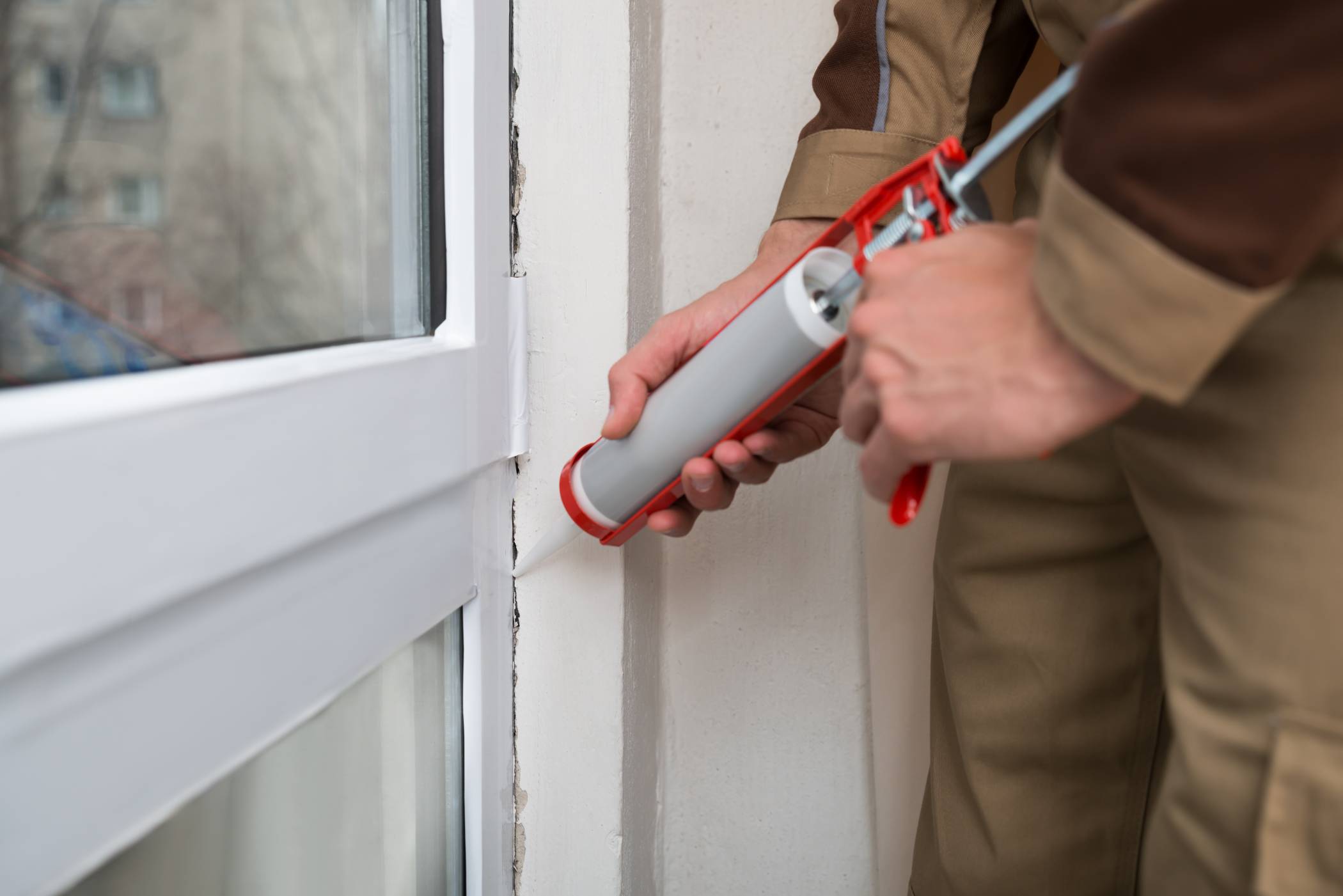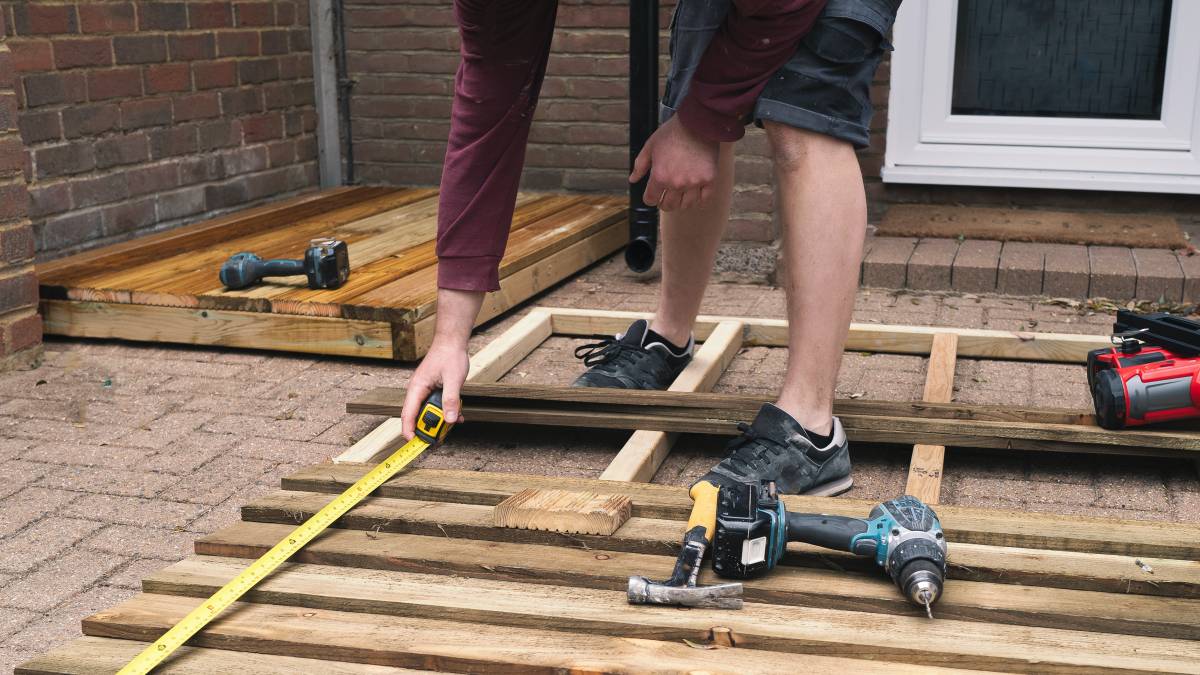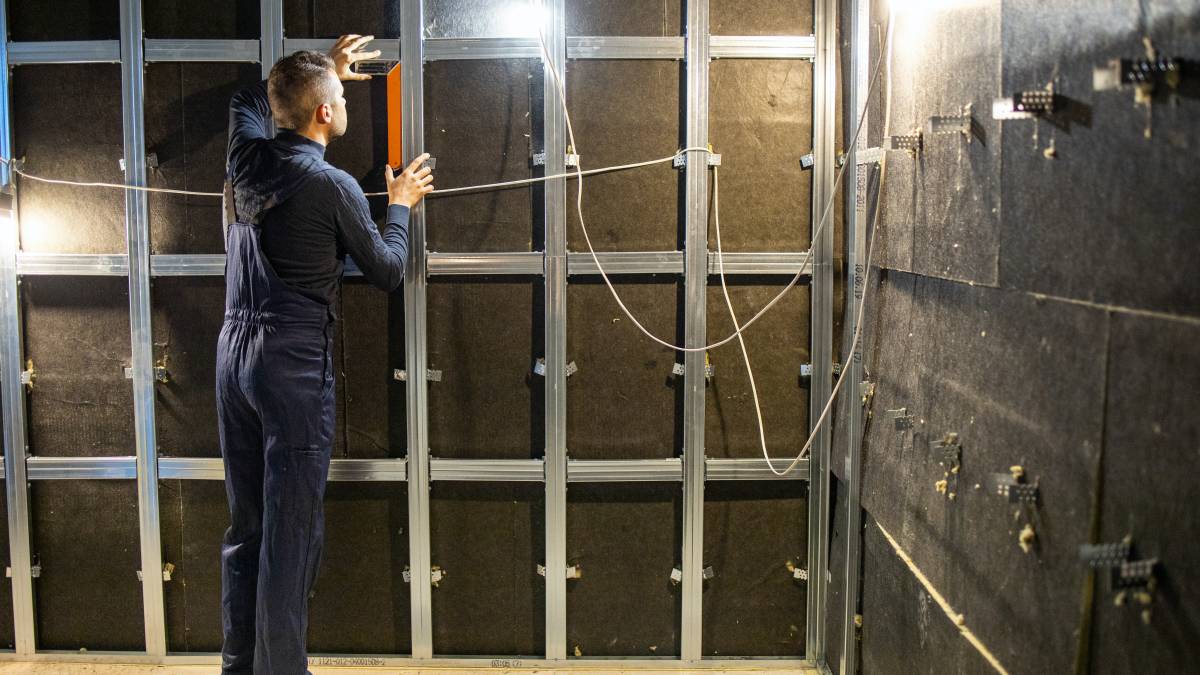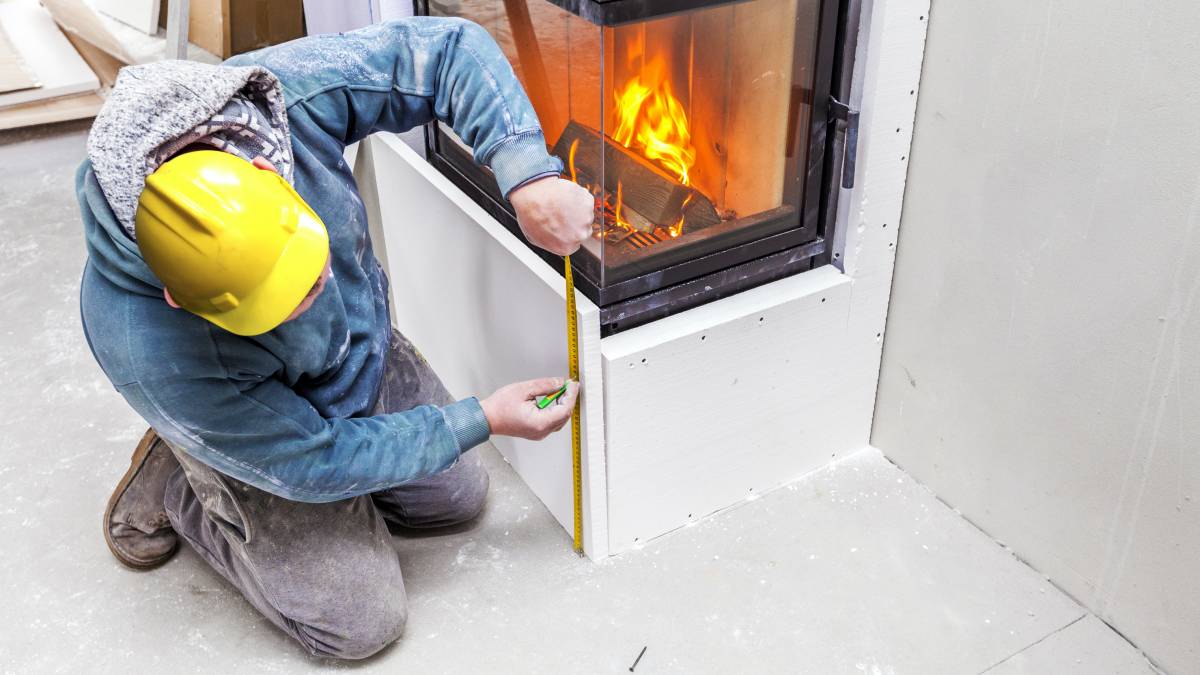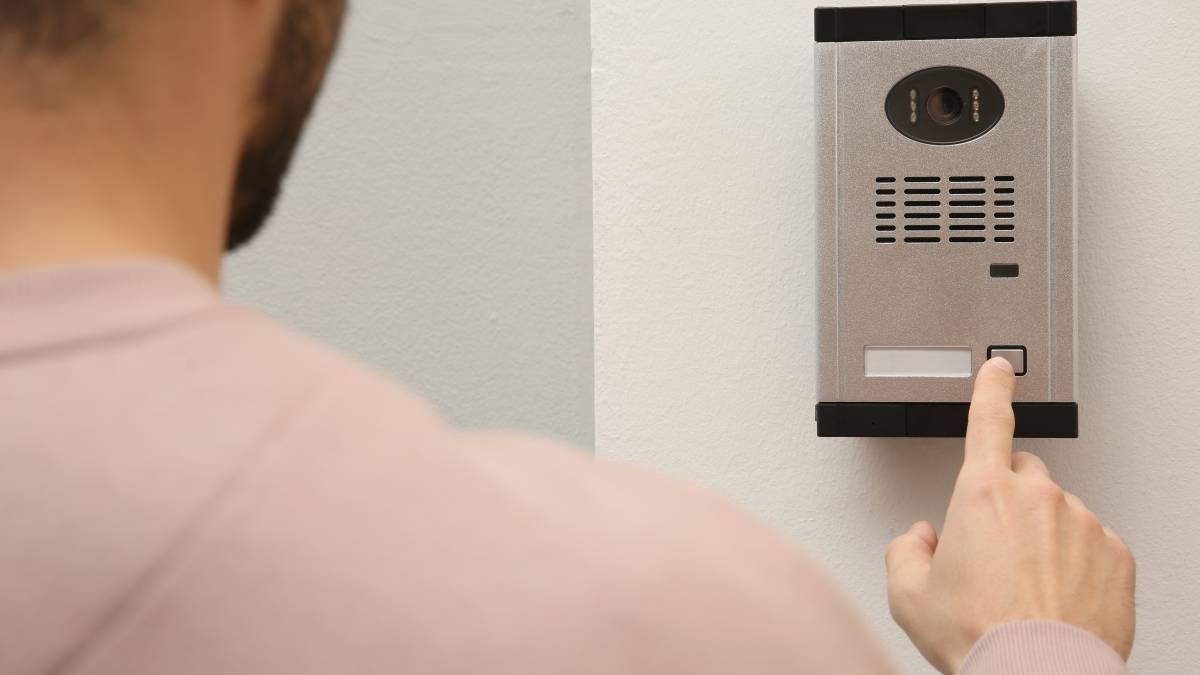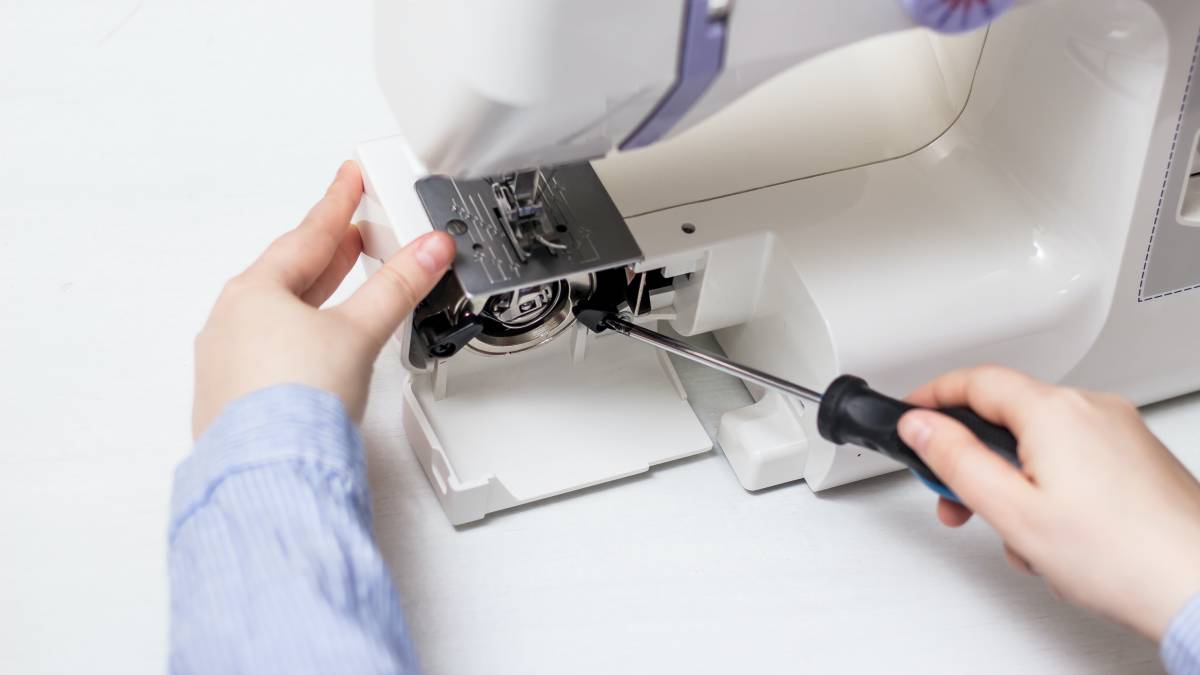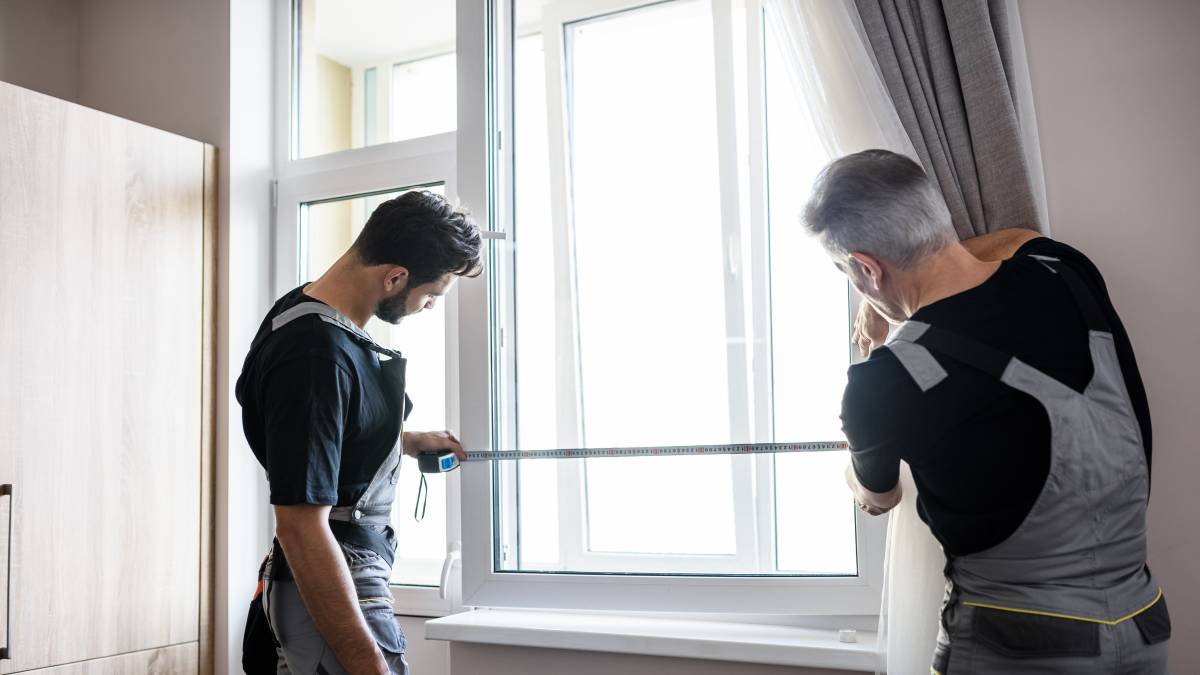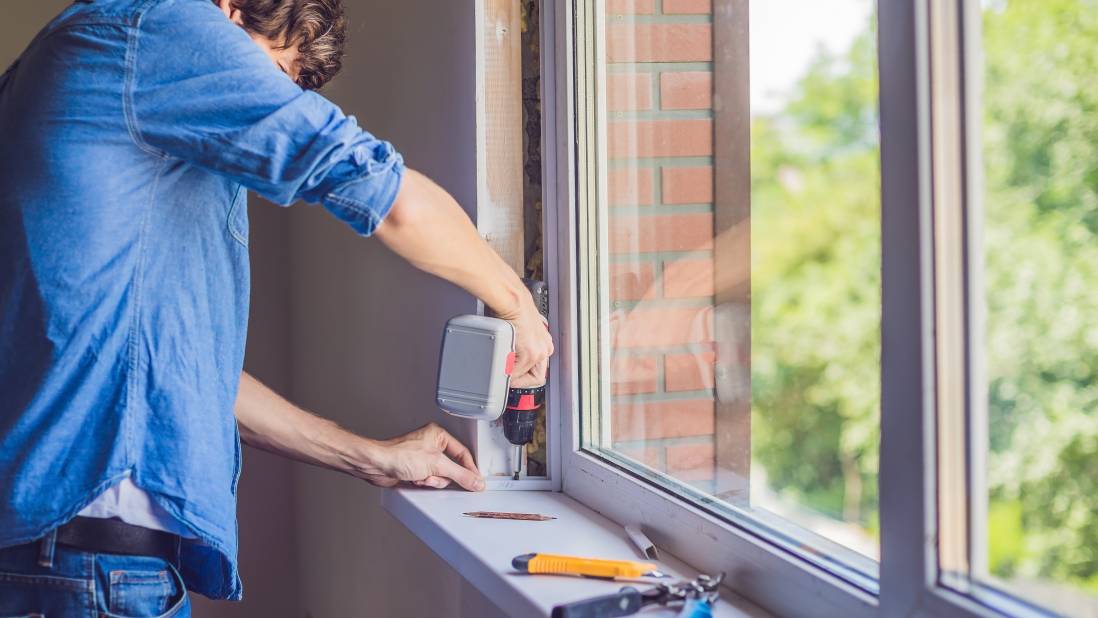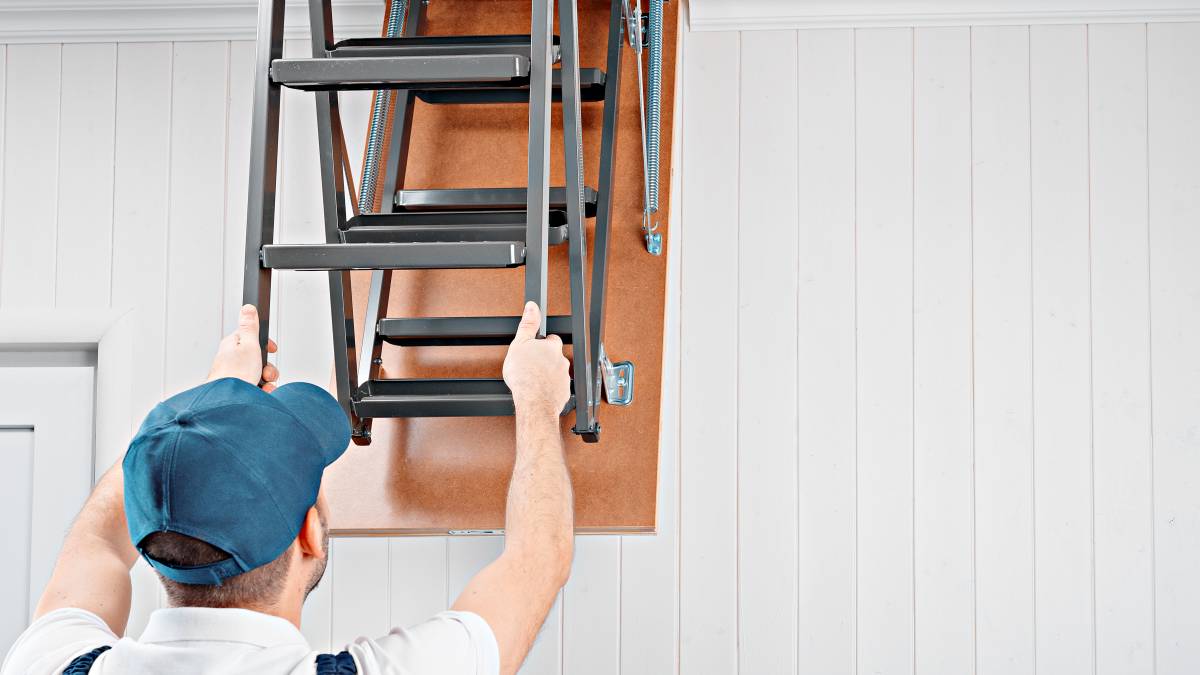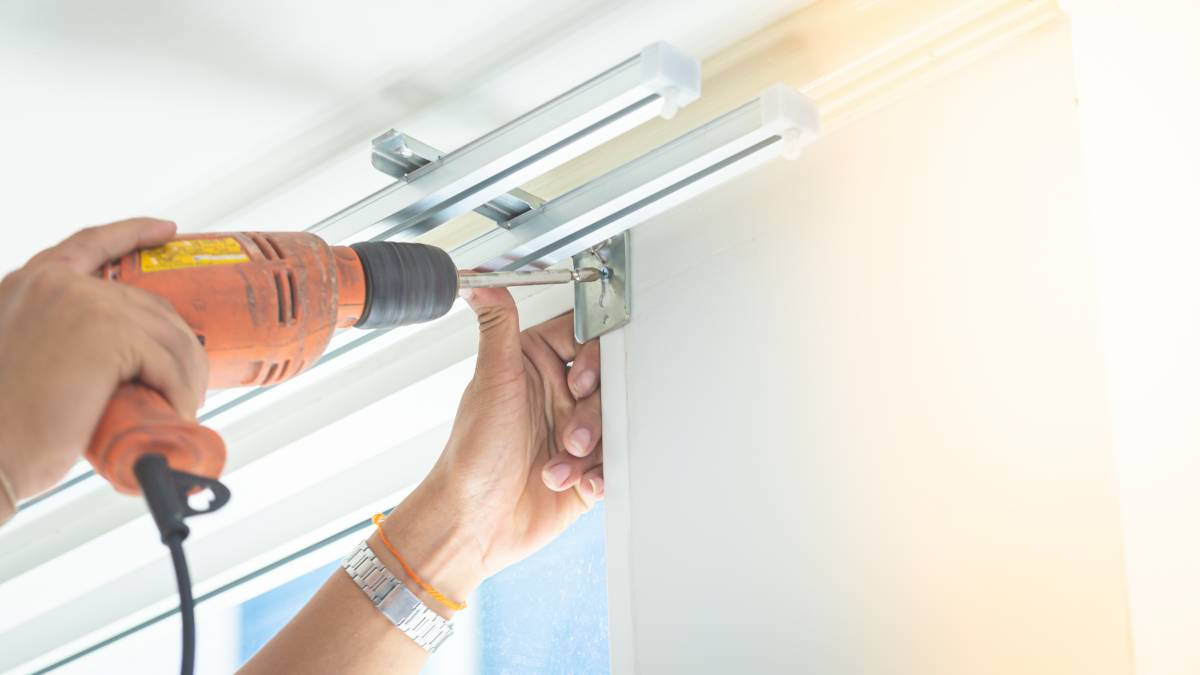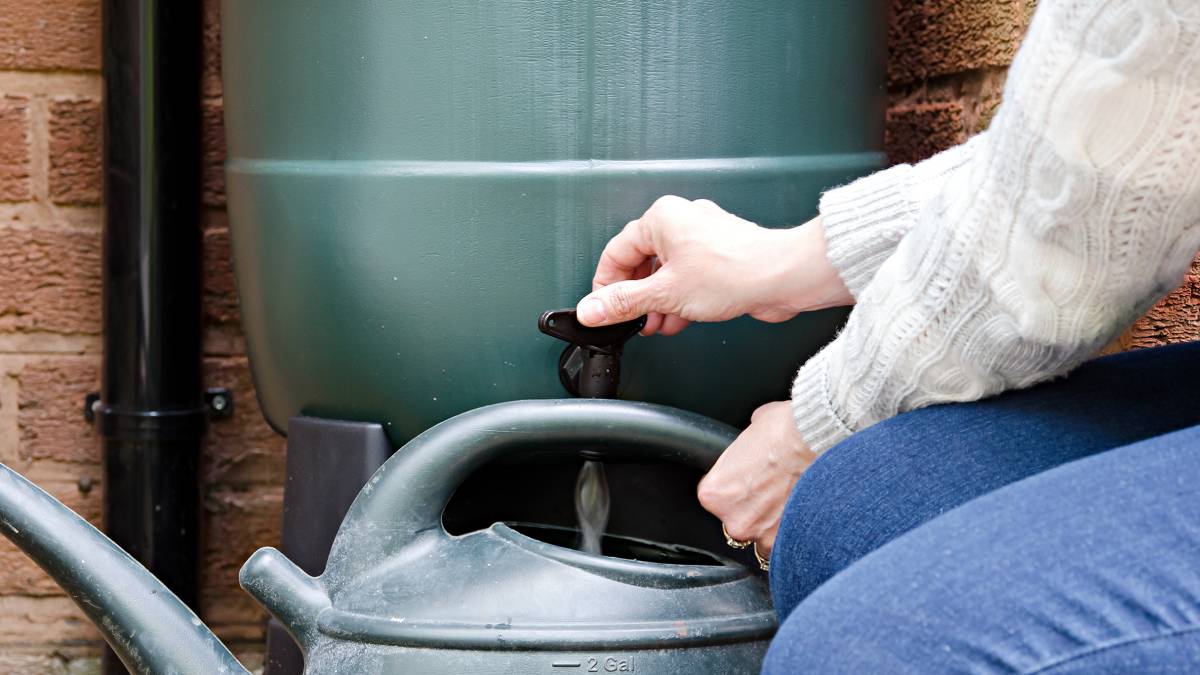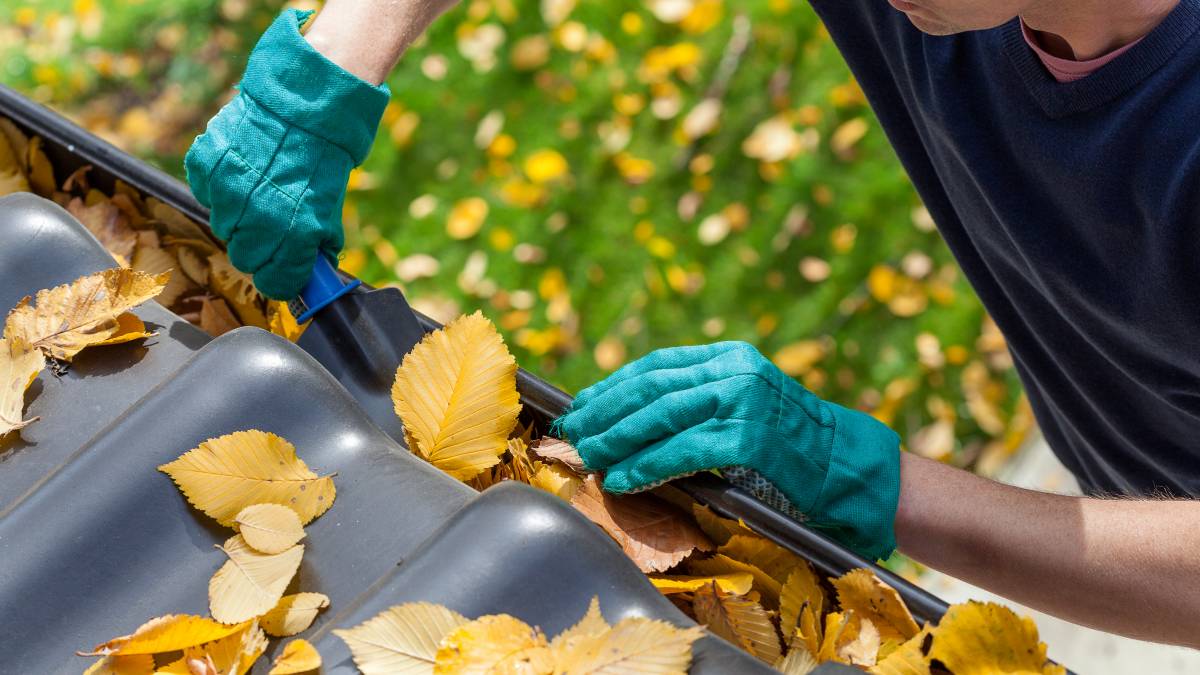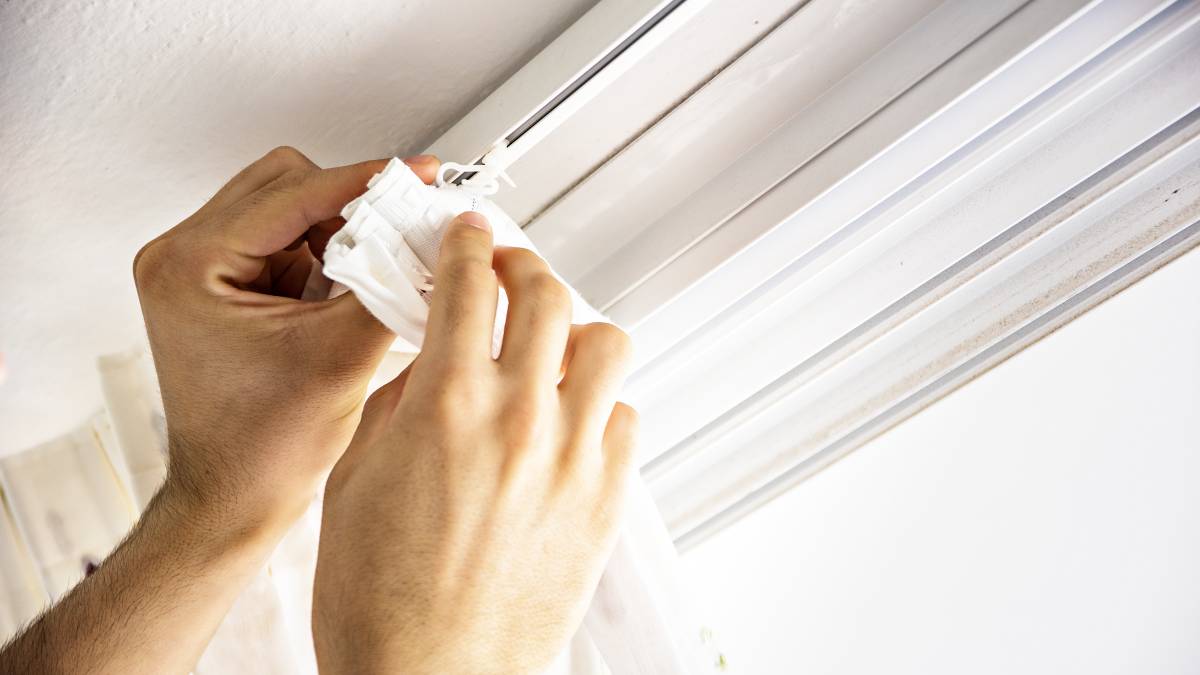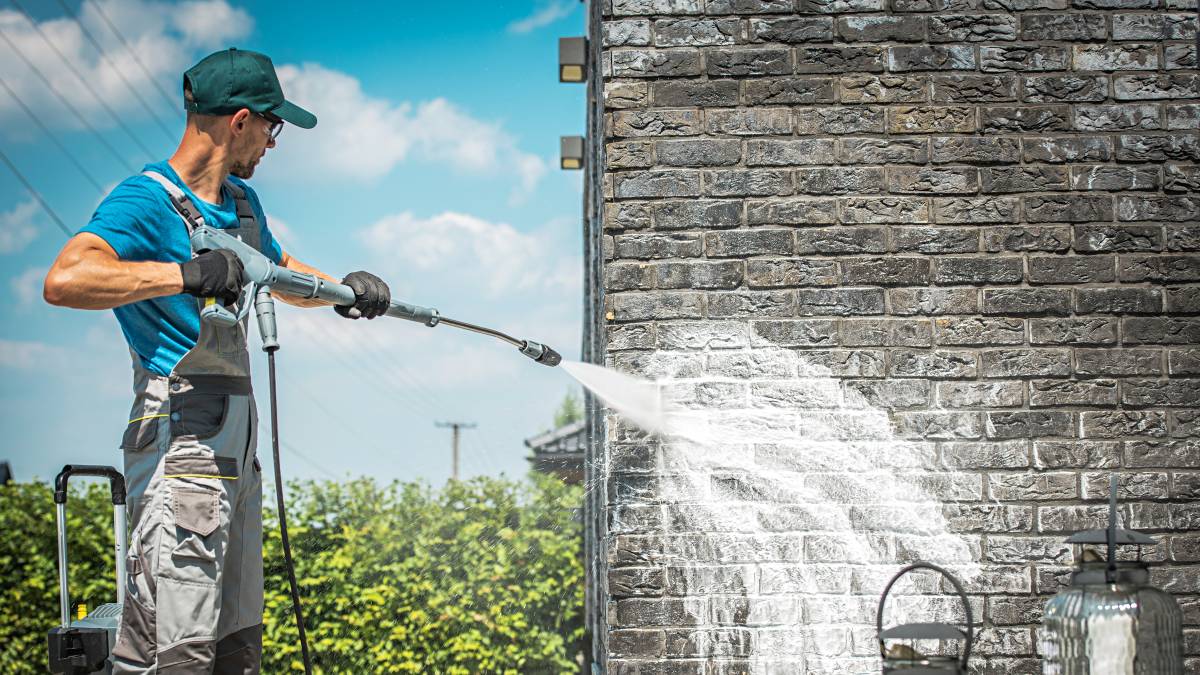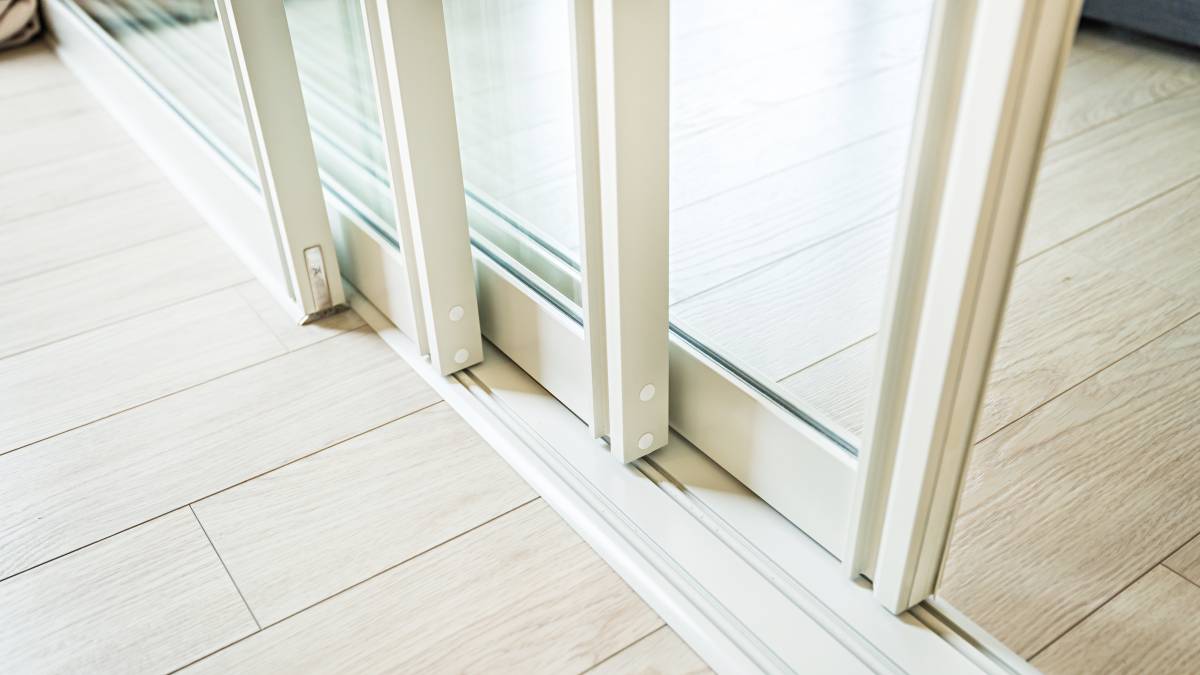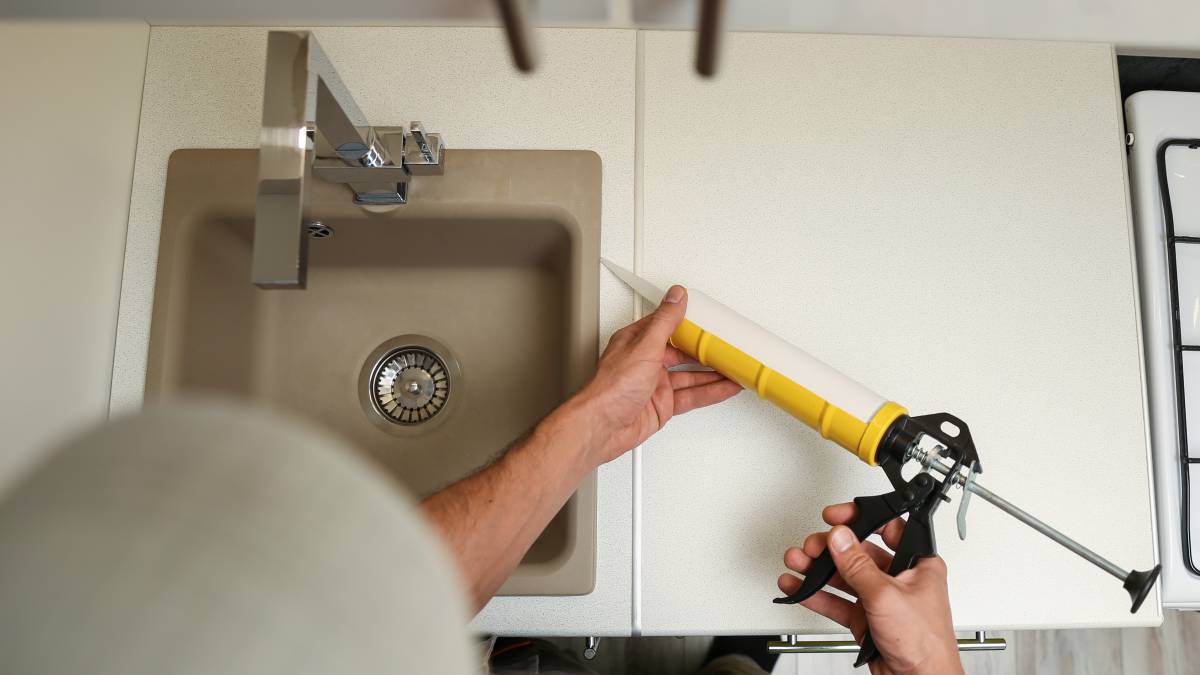- Home/
- Comparisons/
- Handyman/
- Polyester Resin vs Epoxy Resin
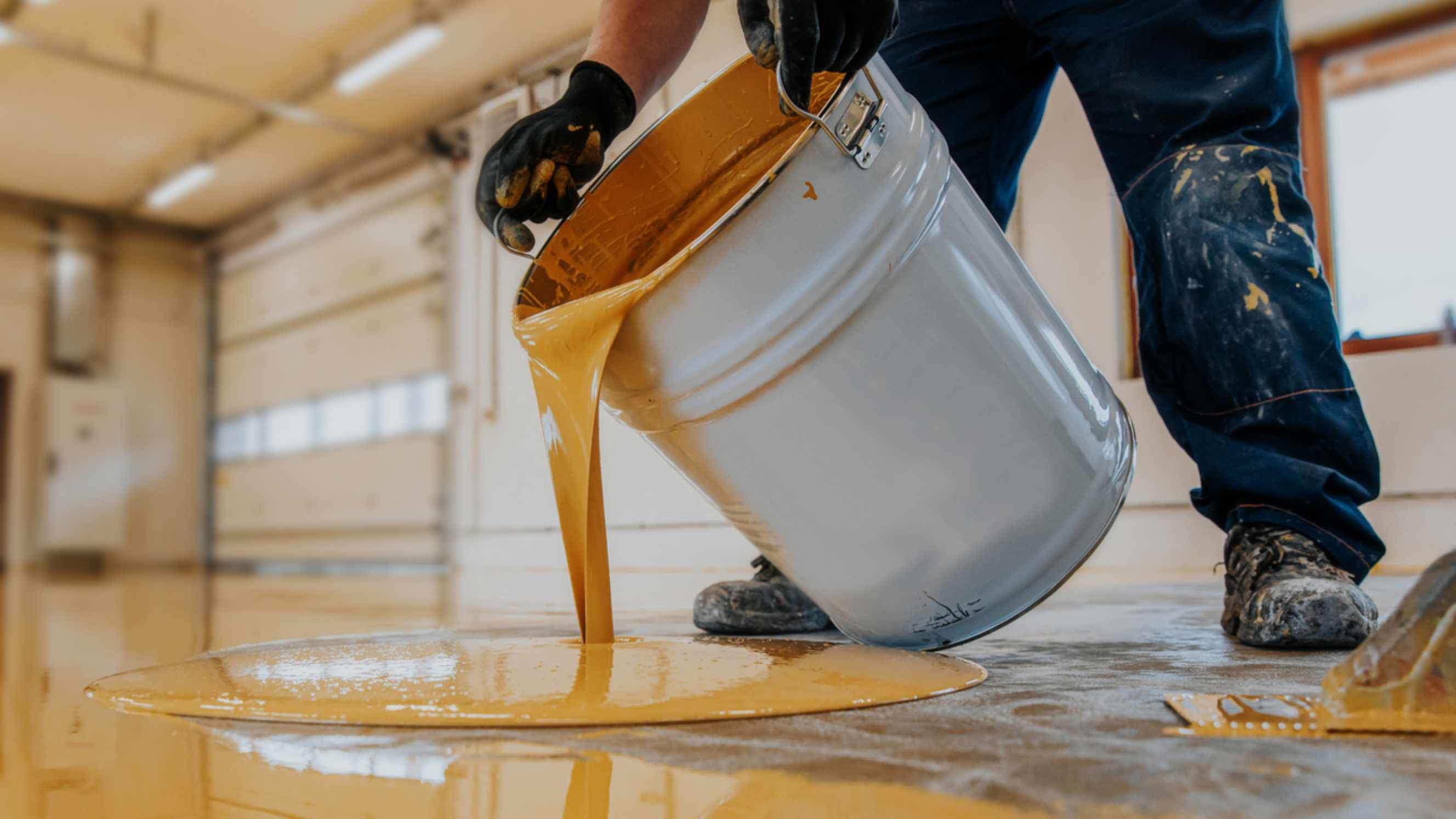
Polyester resin vs epoxy resin: Which resin type do you need?
Comparing polyester resin and epoxy resin based on strength and durability, chemical and heat resistance, curing process, and more.
Hire a handypersonPublished on
Key Facts
- Polyester resin is a versatile synthetic resin used for various applications, including moulding and laminating.
- Epoxy resin is a durable and robust adhesive known for its superior bonding properties and resistance to environmental factors.
When tackling your next DIY project, you want to avoid getting stuck in a sticky situation. But, choosing between polyester resin vs epoxy resin can be tricky, especially if you don't know their key differences.
Both resins have their unique strengths and are tailored for specific applications. So, which one should you pick?
This guide will help you decide which resin type fits your needs. Whether you're working on a small craft, furniture, or a major construction project, knowing the right resin to use will save you time, money, and effort.
What is polyester resin?

Polyester resin is a synthetic material created by a chemical reaction between organic acids and alcohols. It's a durable, flexible substance that's easy to mould and laminate. Polyester resin is used in everything from boat hulls and car parts to artistic sculptures and home renovations.
Polyester resin is also known for its relatively low cost and quick curing time, which means you won't have to wait around forever for your project to set. Plus, it's great for those on a budget.
What is epoxy resin?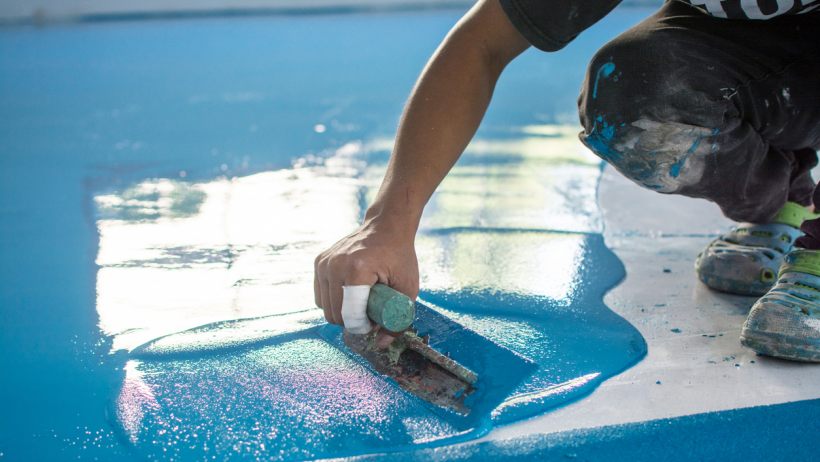
Epoxy resin is a powerful adhesive that's good at sticking materials together. It's better at this than polyester resin because it can withstand water, chemicals, and environmental damage.
Epoxy resin has many uses, like fixing a crack in your basement floor or making a custom countertop. It’ll keep things stuck together for a long time. It’s also popular in construction for strengthening and fixing structures. Artists and DIY fans love it for making jewellery, coating surfaces, and crafting river tables. Additionally, it's used in electronics for insulation and protection.
Epoxy resin can be more expensive than polyester resin. However, its durability, versatility, and quality finish often make it worth the extra expense.
Epoxy vs polyester resin: What are their key differences?
Polyester and epoxy resin have unique properties, strengths, and weaknesses that make them suitable for different projects. So, it's sometimes impossible to set them apart.
This guide will help by covering factors like durability, chemical and heat resistance, and ease of use. By the end, you'll confidently know what is resin and exactly which one to pick for your next project.
In terms of strength and durability
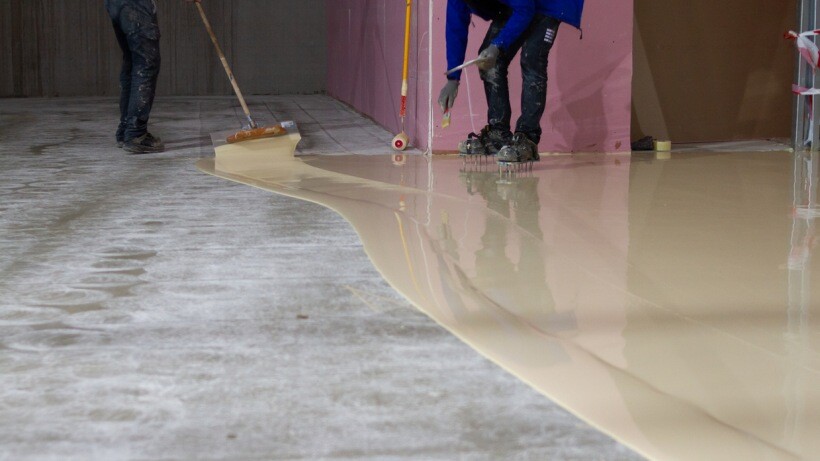
When comparing polyester resin and epoxy resin in terms of strength and durability, it’s clear that each has its unique advantages. Polyester resin is hard but can become brittle over time if not reinforced properly. On the other hand, epoxy resin exhibits incredible strength and flexibility, which makes it ideal for enduring heavy loads and stress.
Epoxy resin forms a stronger, more durable bond than polyester, which can crack or break under extreme conditions. With epoxy, you get superior resistance to environmental factors, which means it won’t degrade as quickly when exposed to water or chemicals. This feature is especially crucial in marine applications where materials like fibreglass and resin need to perform under tough conditions.
Plus, epoxy resin has a higher adhesive strength than polyester resin, so it has a more long-lasting bond. While polyester is easier to sand and work with, it simply doesn’t match the robust finish that epoxy provides. There are even fibreglass epoxy resin variants you can use for tasks like building a boat hull.
In terms of chemical resistance
Resin is usually required to hold up against chemicals and other corrosive materials. In that aspect, when you compare the properties of polyester resin to epoxy resin, you’ll notice some distinct differences.
Polyester resin can’t stand up to chemical exposure like epoxy can. If you plan on exposing your project to solvents or acids, epoxy is your go-to choice. It won't break down when it’s in contact with harsh chemicals.
Polyester resin, on the other hand, is more likely to degrade over time when exposed to such substances. It works better for general-purpose projects where chemical exposure isn’t a concern.
In terms of heat resistance
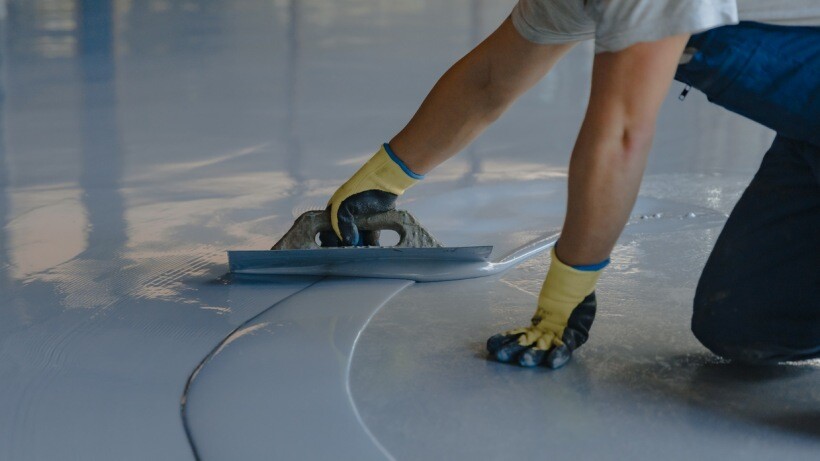
Chemicals are not the only substances that can affect resin. Heat exposure is another factor to consider when choosing between polyester and epoxy resin. And in this regard, epoxy outshines polyester.
Epoxy maintains its structural integrity at higher temperatures. It’s the go-to choice if your project will face extreme heat. Conversely, polyester resin tends to soften and distort under high temperatures. You might find your project warping if it's constantly exposed to heat. So, for heat-sensitive environments, polyester falls short.
Epoxy resin also provides better insulation properties. It withstands heat and minimises heat transfer, making it appealing for applications that need controlled thermal environments.
In terms of the curing process
Resin is a liquid that hardens into a solid form through curing. The curing process involves the chemical reaction between the resin and a hardening agent or catalyst. And this is where epoxy and polyester differ greatly.
Epoxy resin cures consistently and predictably because of its chemical makeup. It naturally cures at room temperature, but you can speed up the process by adding heat. This makes it great for projects under tight deadlines.
However, curing polyester resin can be trickier. It depends greatly on getting the right mix of catalysts and the right temperature and humidity. If these aren't right, you might end up with a tacky finish or a project that doesn't cure properly.
With that said, how long does resin take to set? Epoxy resin needs at least 72 hours or 3 days to cure, but it’ll continue to dry for up to 2 weeks. Only then will it reach its maximum durability. Meanwhile, polyester resin takes only 12 hours to cure.
Since epoxy resin takes longer to cure than polyester, you have more time to work on detailed projects. Polyester resin, on the other hand, is suitable for fast projects, but it leaves little room for mistakes or last-minute changes.
In terms of application and handling

When mixing, epoxy resin tends to be more forgiving because you don't need to be as precise with the proportions. Polyester, however, calls for a specific mix, or you'll face problems like uneven curing.
However, you need to handle epoxy carefully. It's known to contain chemicals that can irritate the skin, so make sure to wear gloves and a mask to protect yourself adequately. Similar precautions should be taken for polyester resin, as its styrene and organic peroxide content can cause burns and allergic reactions.
In terms of project suitability
Epoxy resin is ideal for high-traffic areas because it's tough and long-lasting. Hence, it's often used for floor coating in commercial and residential settings. Polyester, on the other hand, is better suited for smaller projects like jewellery making or small art pieces.
For furniture assembly, epoxy resin also provides stronger adhesion, making it a go-to for joints that need to withstand weight and pressure. Polyester resin can work, too, but it's more brittle and doesn't offer the same level of durability.
Another popular application of resin is terrazzo flooring. Epoxy resin is used more often because of its highly customisable finish. Polyester resin may be cheaper but won't give you the same level of finish or wear resistance.
However, it's crucial to take note that terrazzo flooring assembly should always be done by a professional, as there are safety concerns and specific techniques that need to be followed for both types of resin.
Epoxy resin is also suitable for marine and outdoor projects due to its waterproof finish. Polyester can be used in similar applications, but it's not as durable as epoxy under water conditions.
Level up your house improvement projects with Airtasker
Whether you’re working on a high-traffic floor or assembling durable furniture, choosing the right resin is crucial. But if you're not sure which resin to use or how to get started with your project, why not let a professional handyperson handle it?
On the Airtasker platform, you can get help with just a few clicks. Post a task and connect with experienced professionals who’ll take care of your projects, from epoxy floor coating to furniture assembly with resin.
Polyester resin vs epoxy resin
| Polyester Resin |
Epoxy Resin |
|
| Strength and Durability |
Hard but can become brittle over time |
Exhibits incredible strength and flexibility |
| Chemical Resistance |
More likely to degrade when exposed to chemicals |
Superior resistance to solvents and acids |
| Heat Resistance |
Tends to soften and distort under high temperatures |
Maintains structural integrity at higher temperatures |
| Curing Process |
Quick curing, but can be tricky to get right |
Consistent and predictable curing; cures slower |
| Application and Handling |
Requires precise mixing; easier to sand and mould |
More forgiving mixing; requires careful handling |
| Project Suitability |
Ideal for smaller projects and budget-friendly tasks |
Suitable for high-traffic areas and projects requiring durability |
FAQs on polyester and epoxy resin
Polyester resin is less flexible and more prone to cracking than epoxy resin. It also emits strong fumes during curing.
Yes, epoxy can be applied over cured polyester resin for additional strength and sealing.
Yes, but only if handled incorrectly. Resin can emit strong fumes that irritate the skin and respiratory system. Therefore, it’s not advisable for people without experience to use resin. Projects involving resin are best left to professionals with the required PPE and skills to handle the material.
No, fibreglass resin is typically polyester-based, while epoxy resin is a different chemical compound with superior bonding and strength properties.
Find handyman, fast
Post a task
Related articles
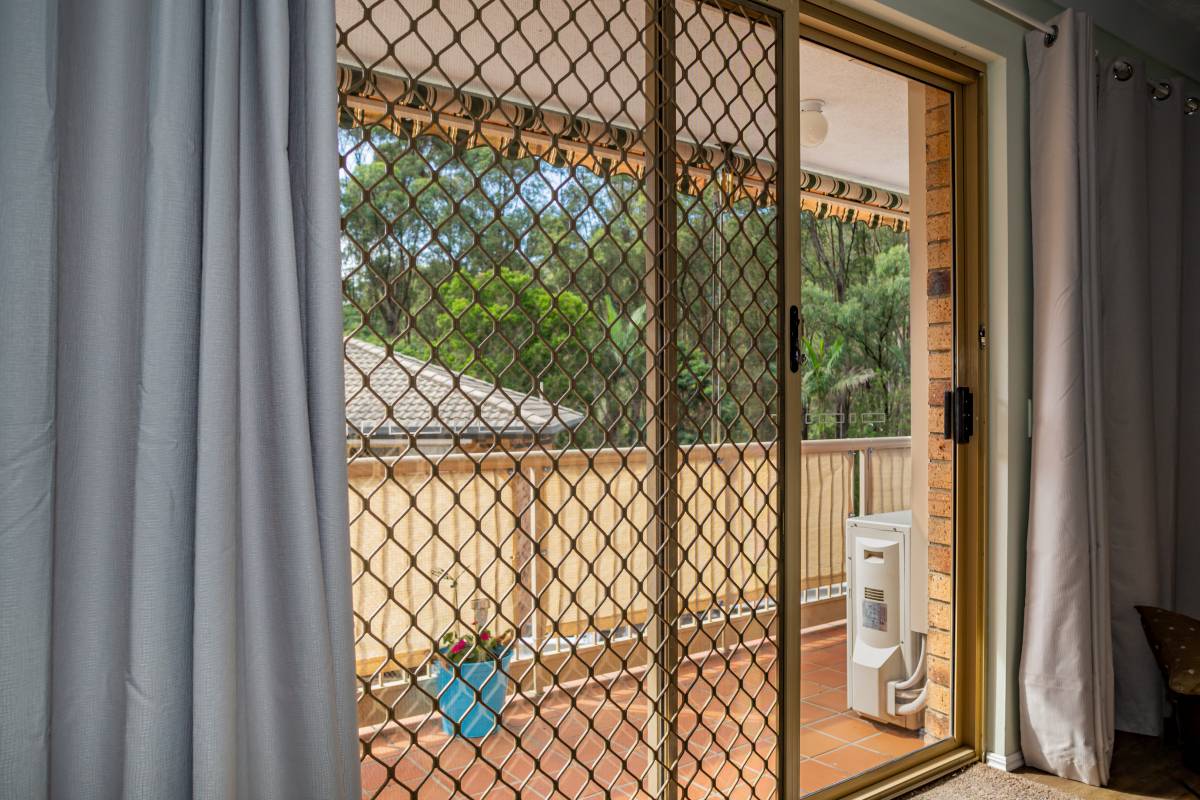
Install a screen door in 6 steps
Read more

How much can you earn as a handyperson?
Read more

How to Soundproof a Room
Read more
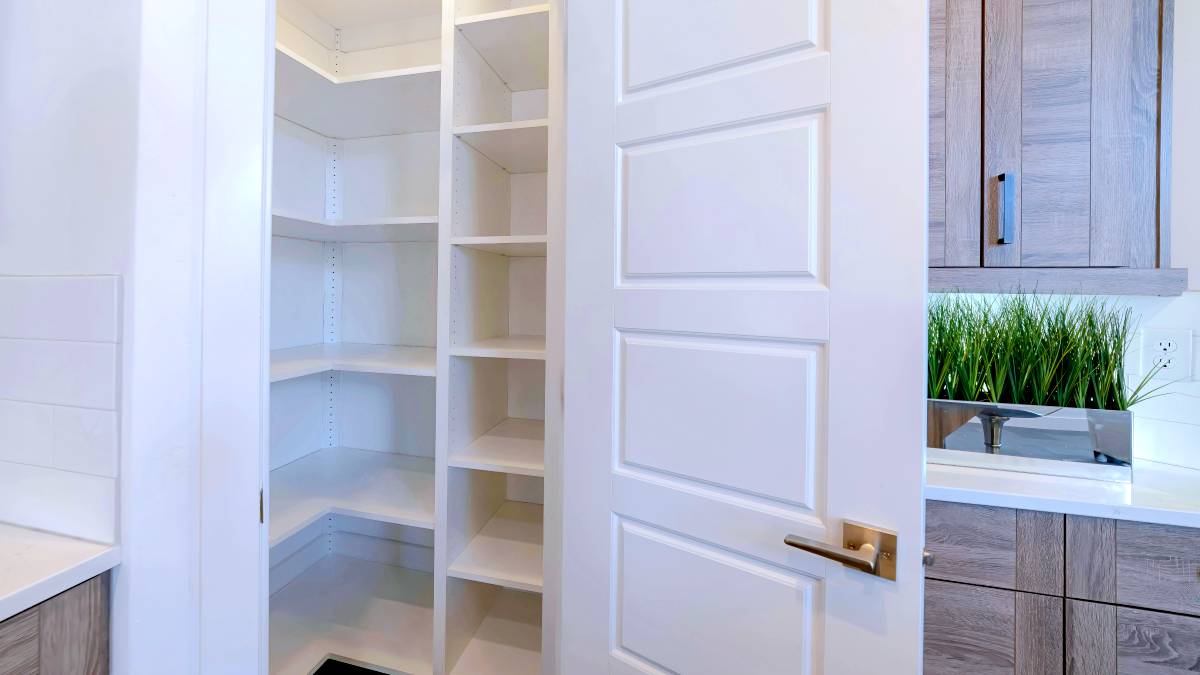
30 Lovely pantry door ideas
Read more
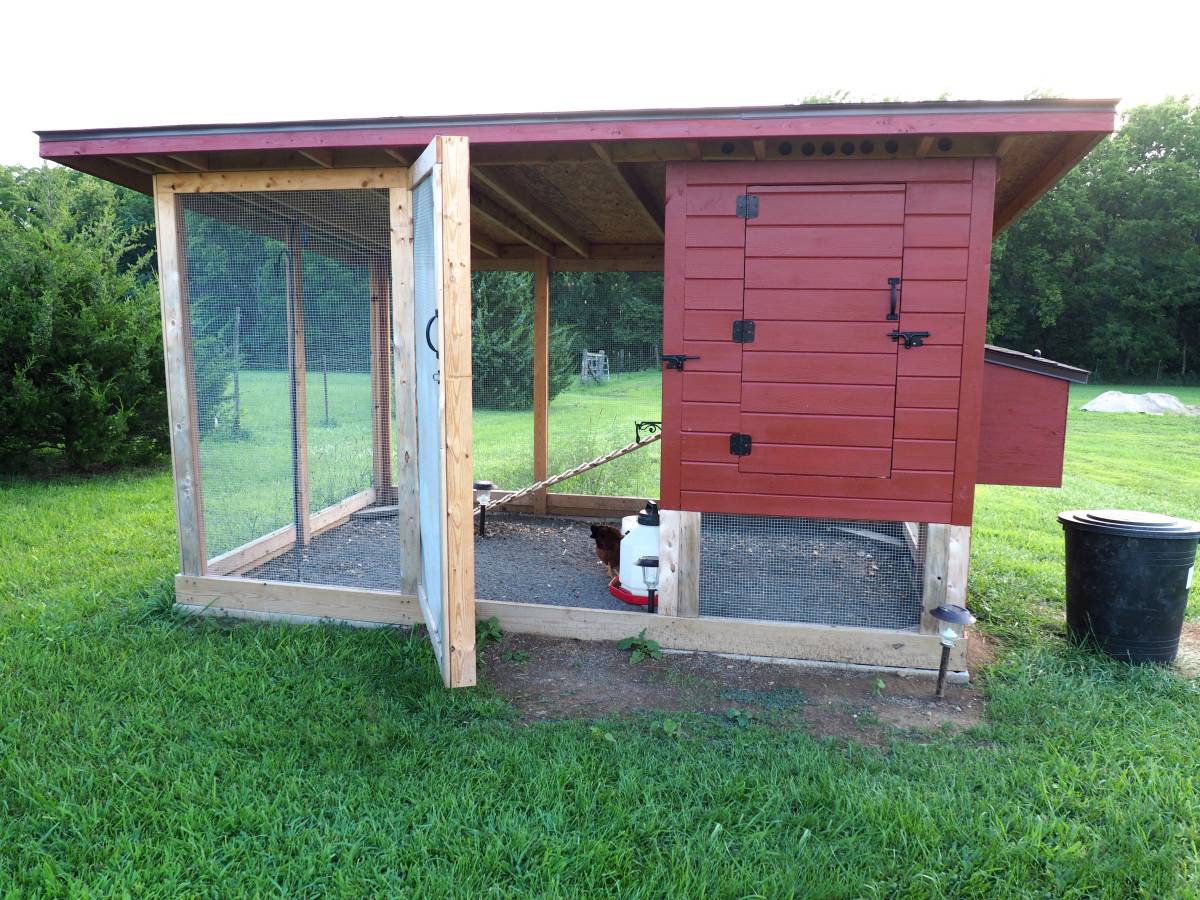
How to fox proof your chicken coop
Read more

How to install curtain rods
Read more

Best blue-collar jobs on Airtasker
Read more

Learn how to cut a mirror in 7 steps
Read more
Related price pages

What are average handyman prices?
Read more
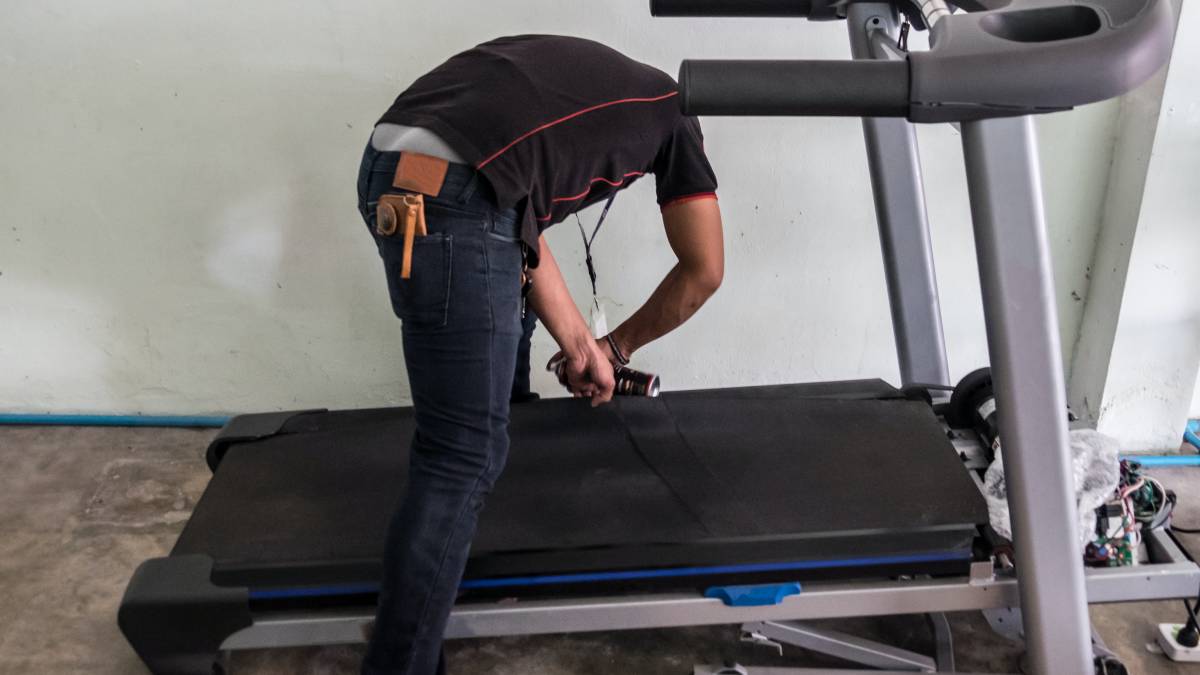
How much does treadmill repair cost?
Read more

How much does clock repair cost?
Read more
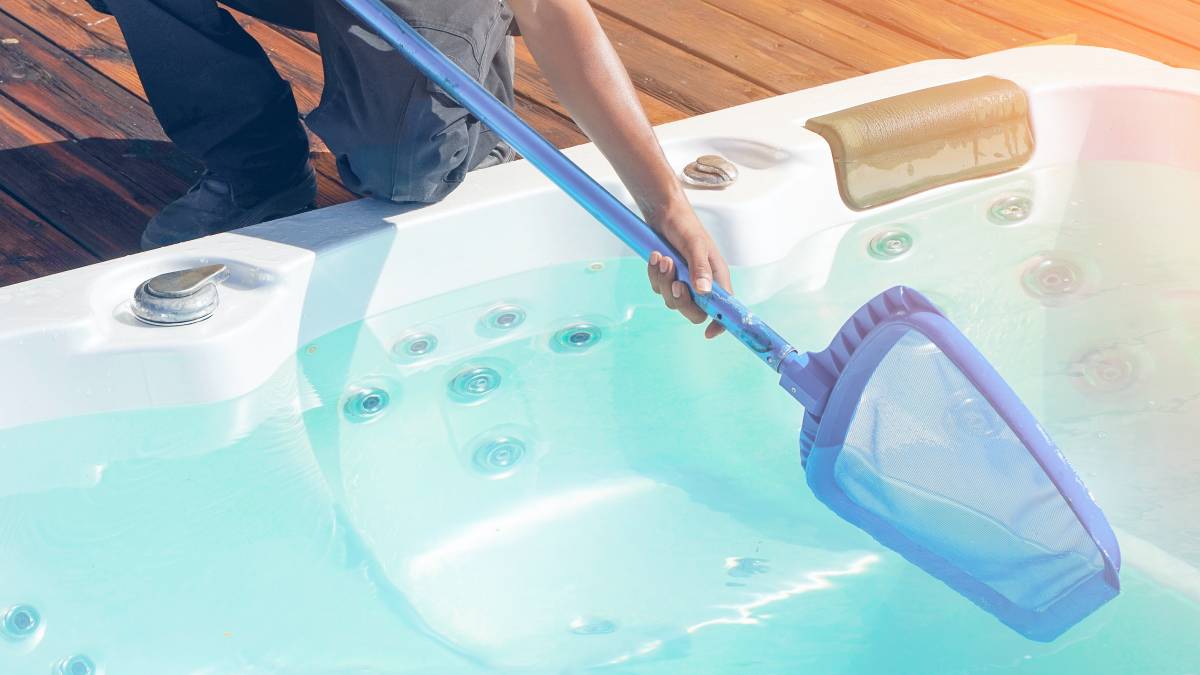
How much does hot tub repair cost?
Read more

How much does signage cost?
Read more

How much does awning repair cost?
Read more
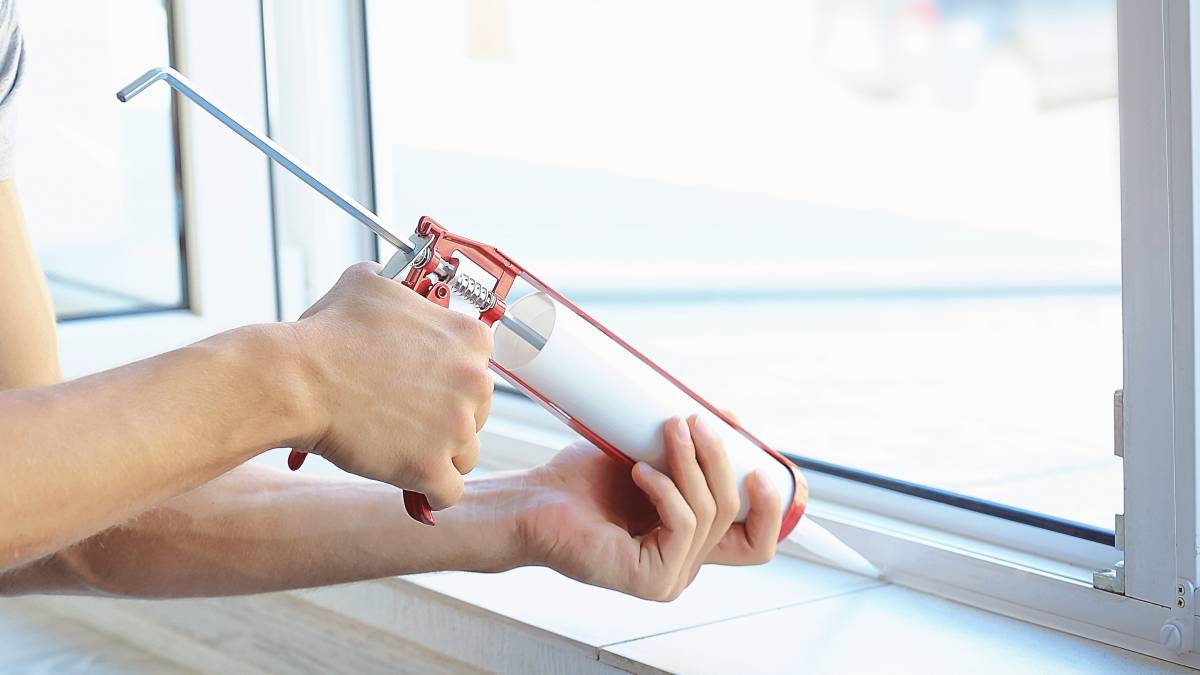
How much does window repair cost?
Read more
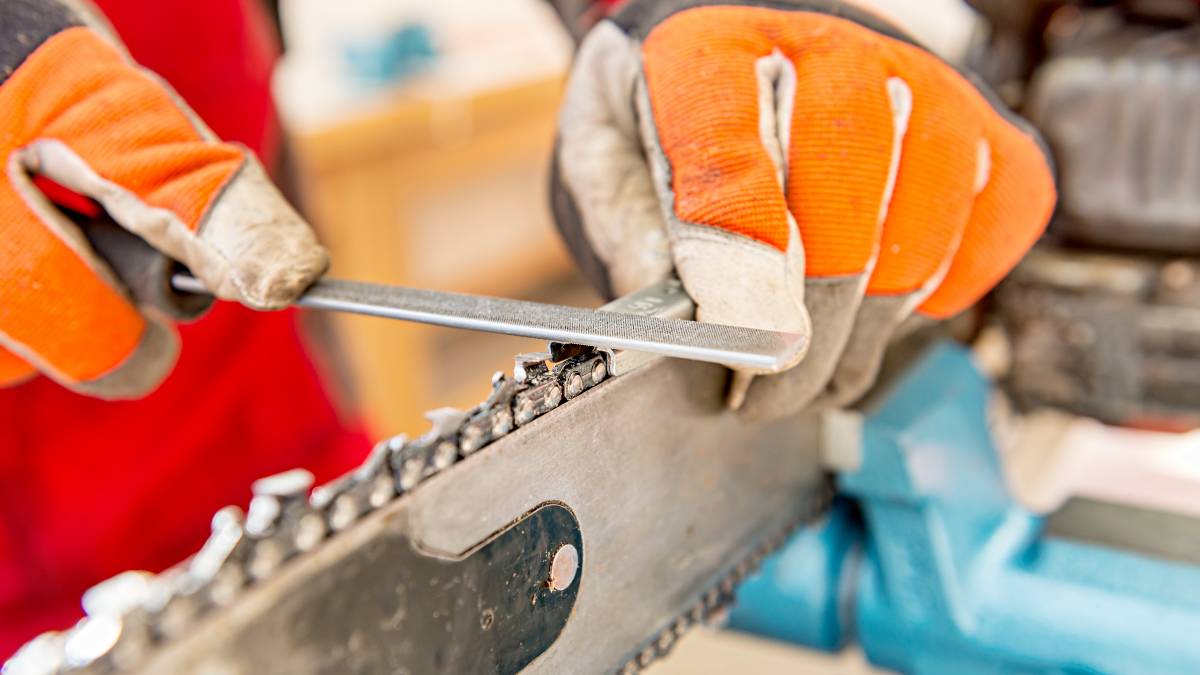
How much do chainsaw services cost?
Read more


